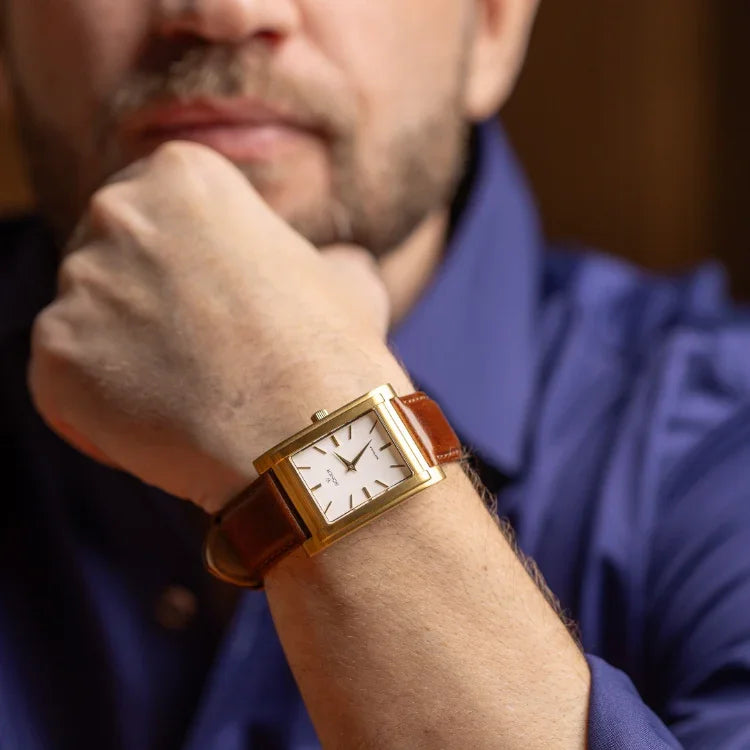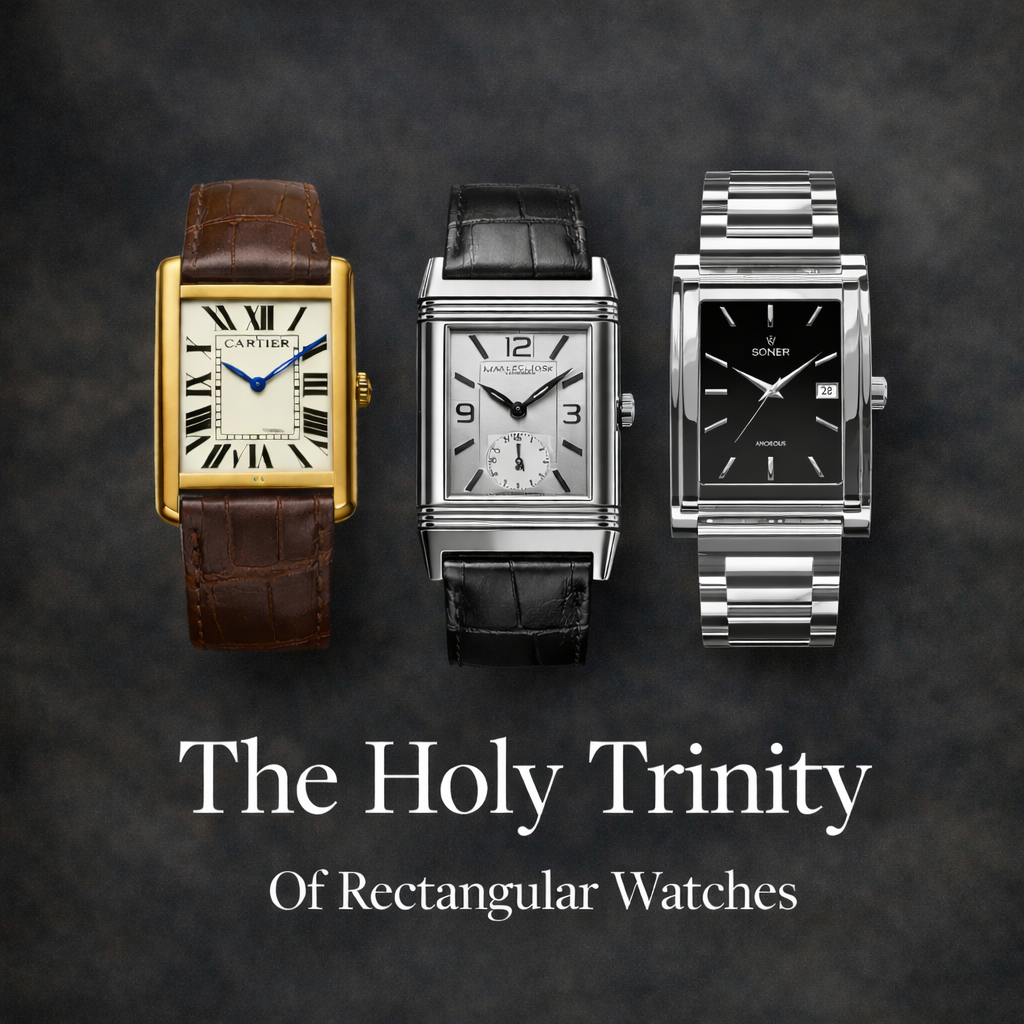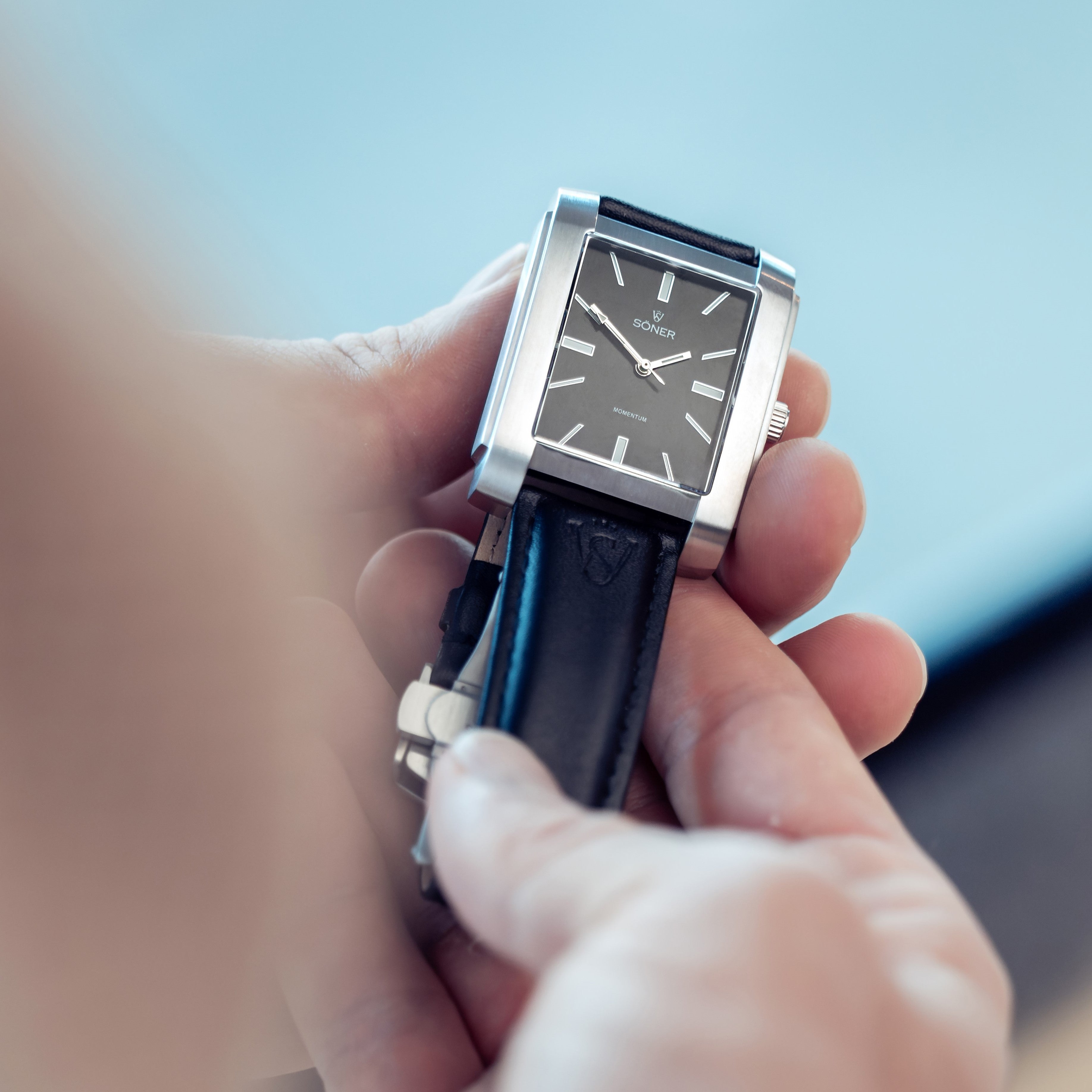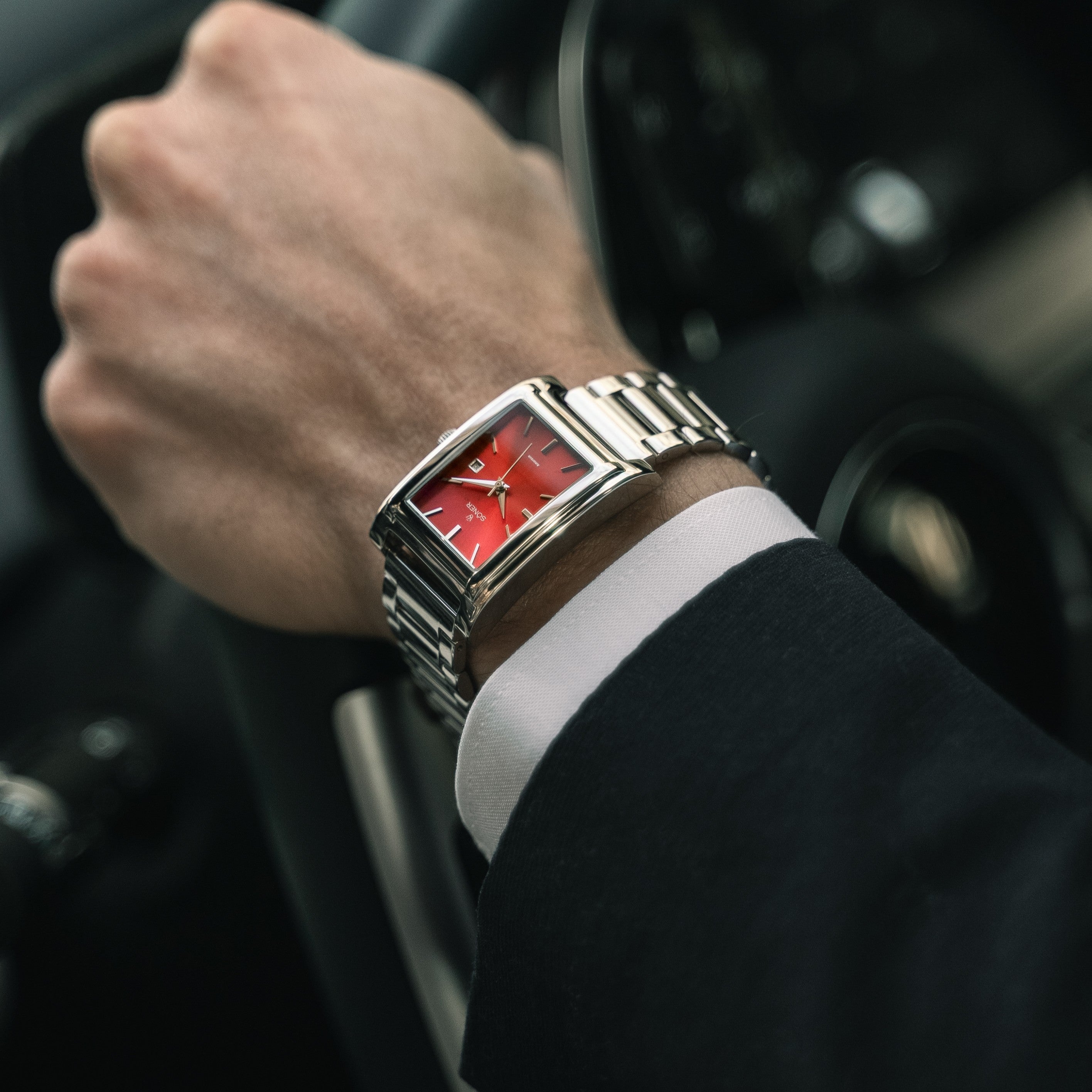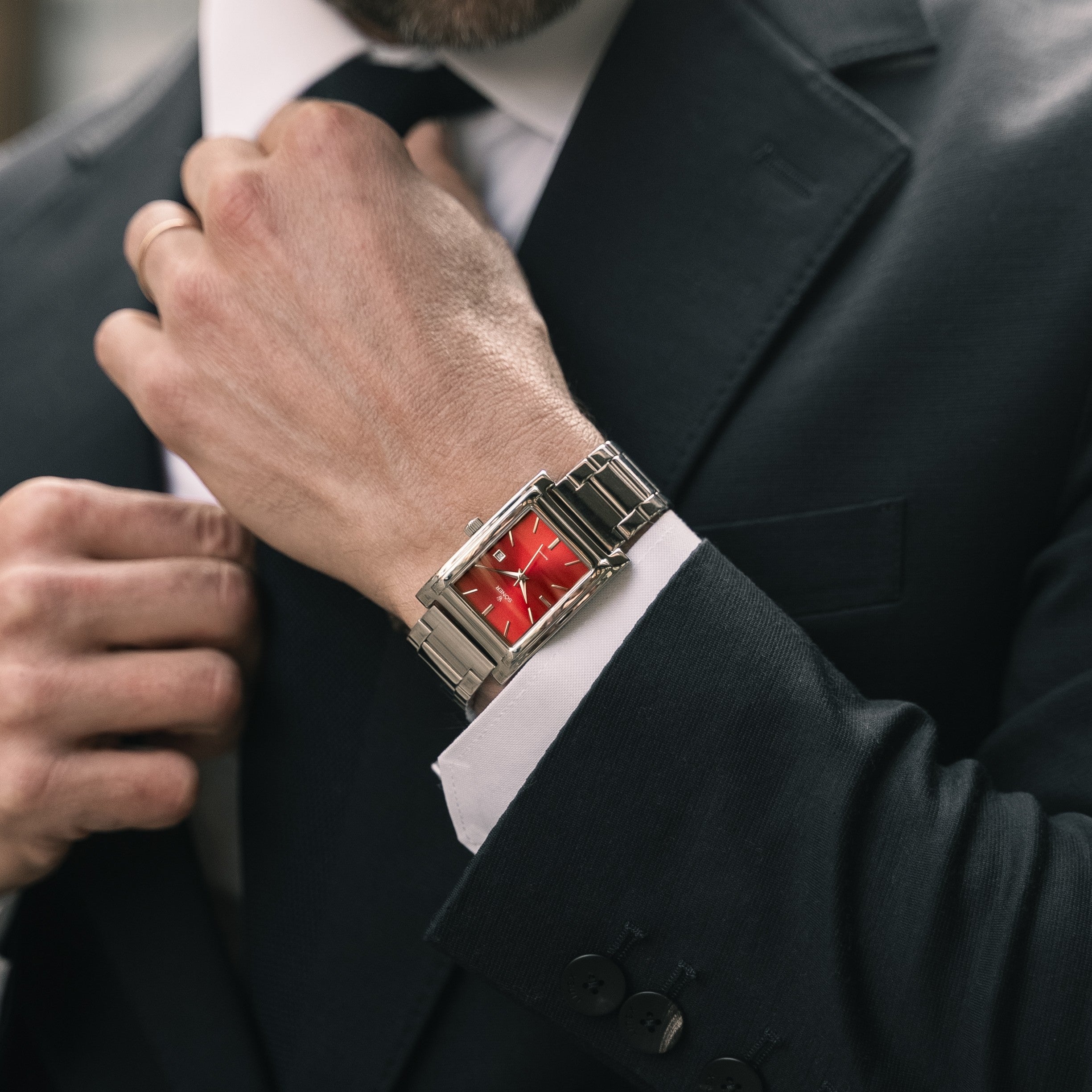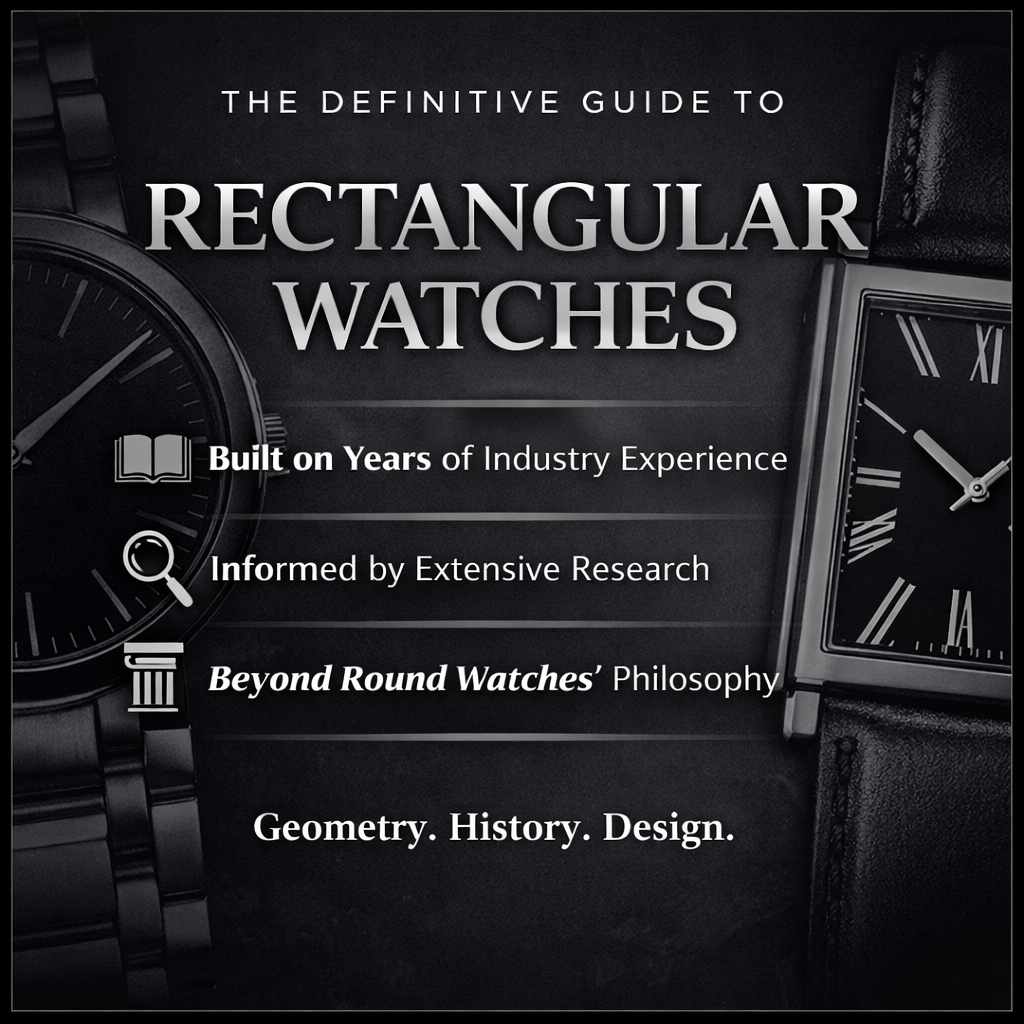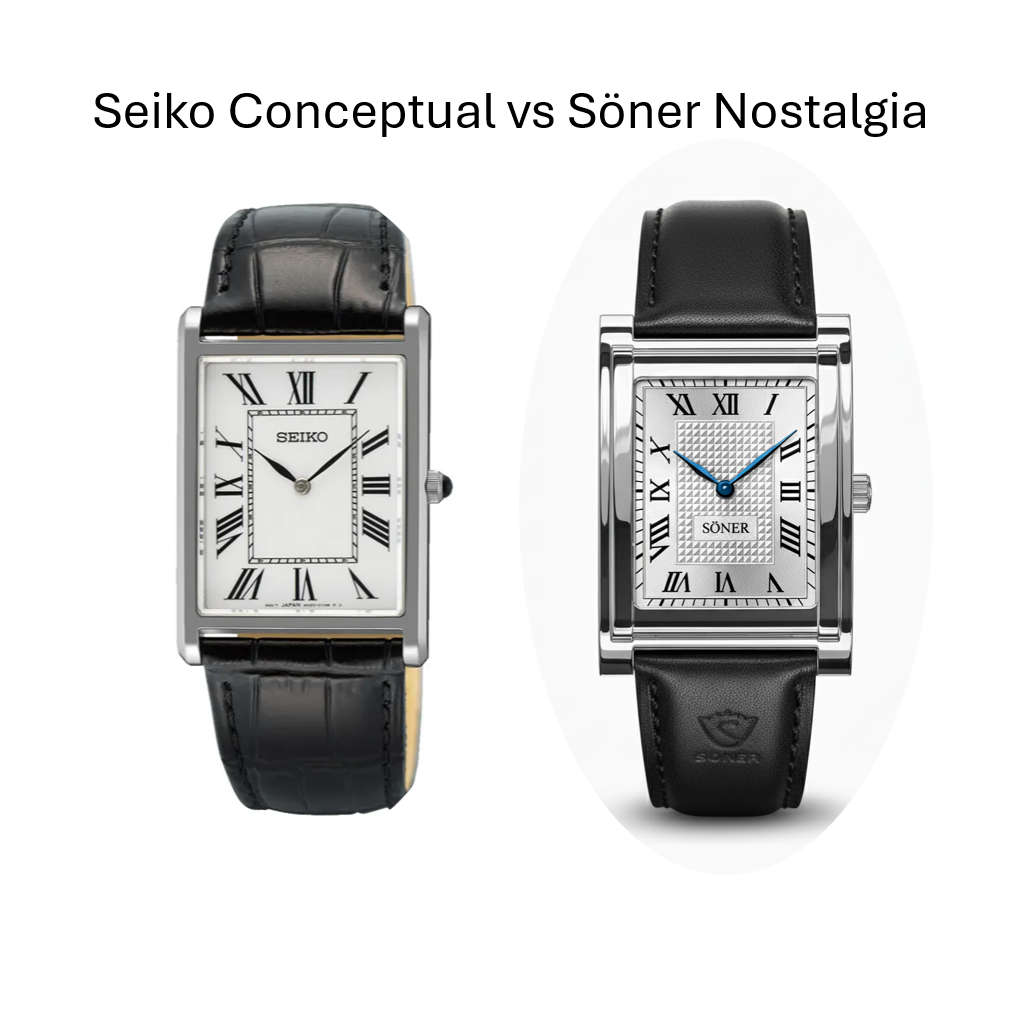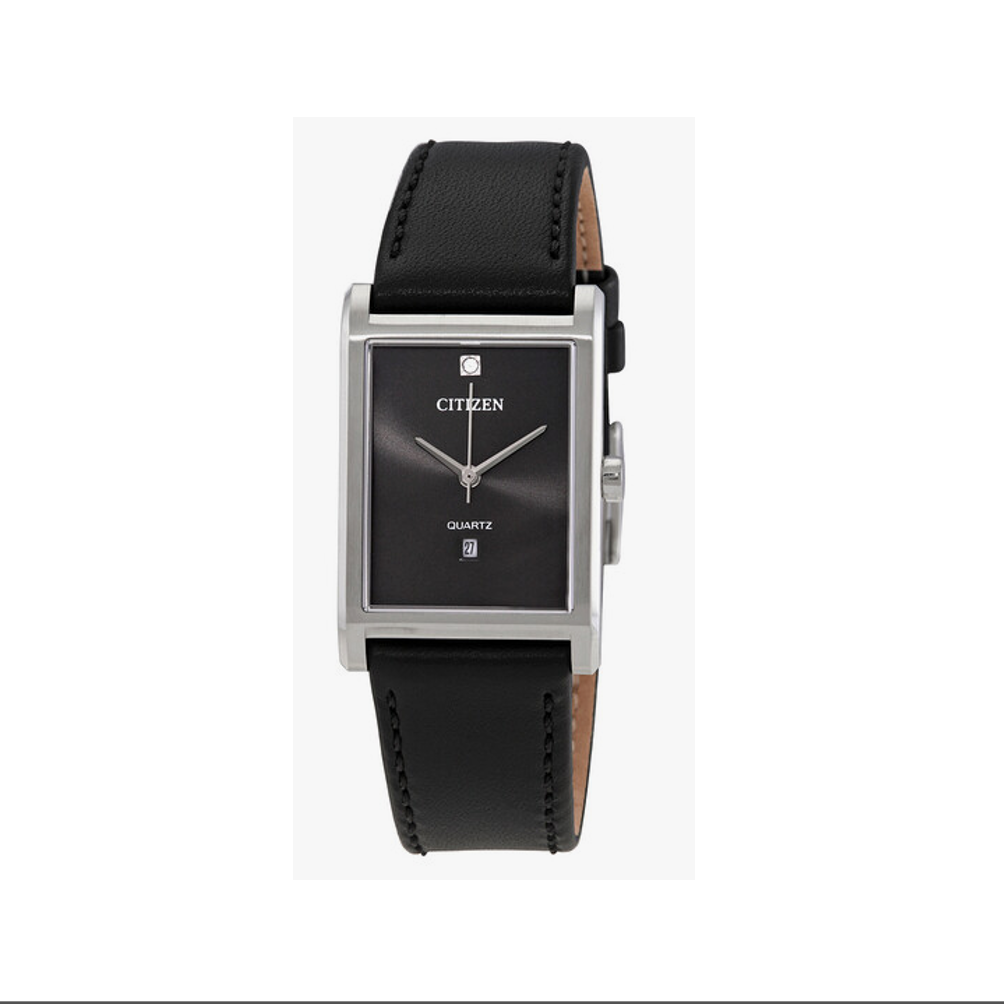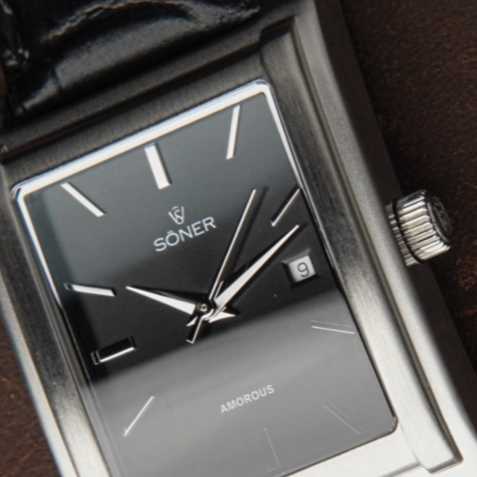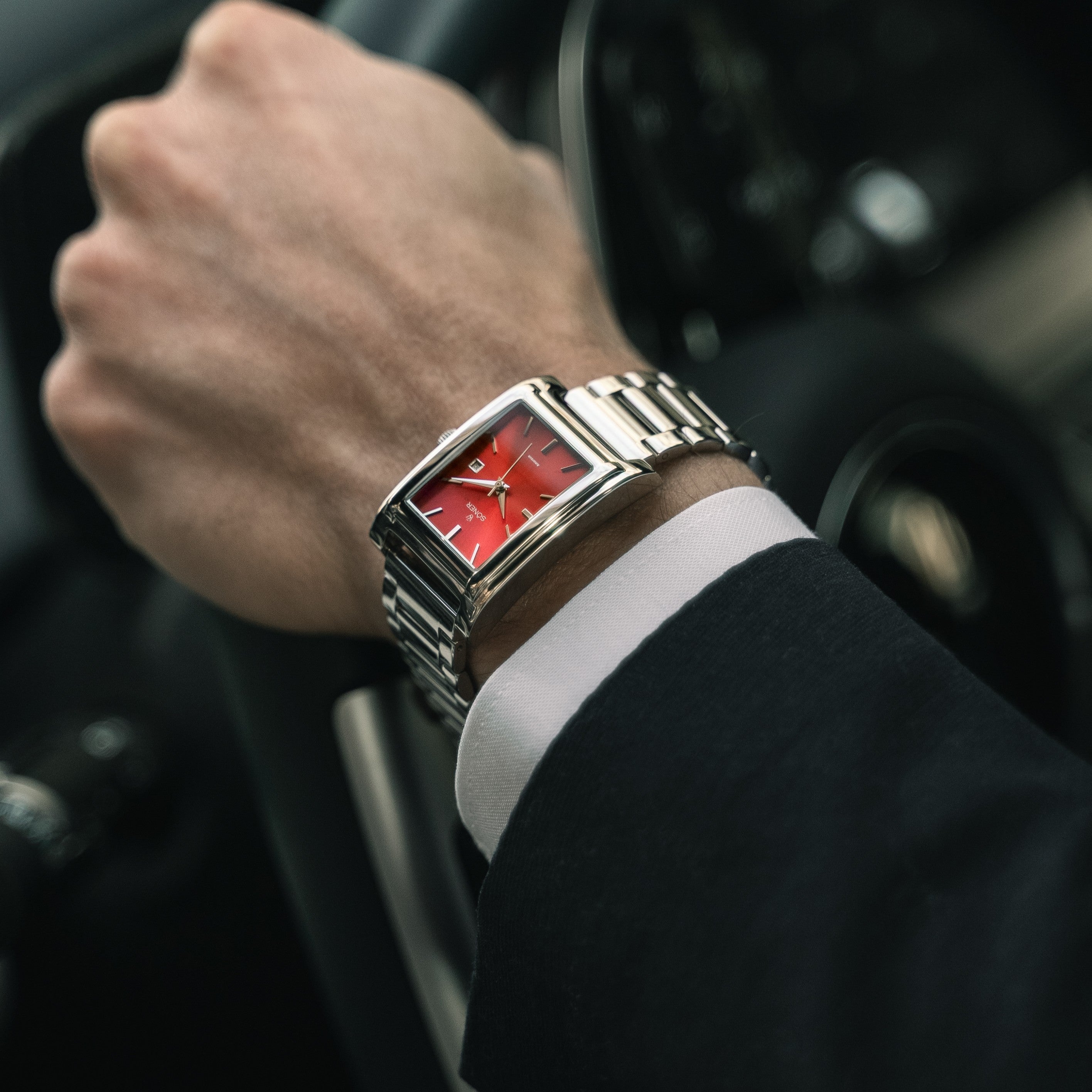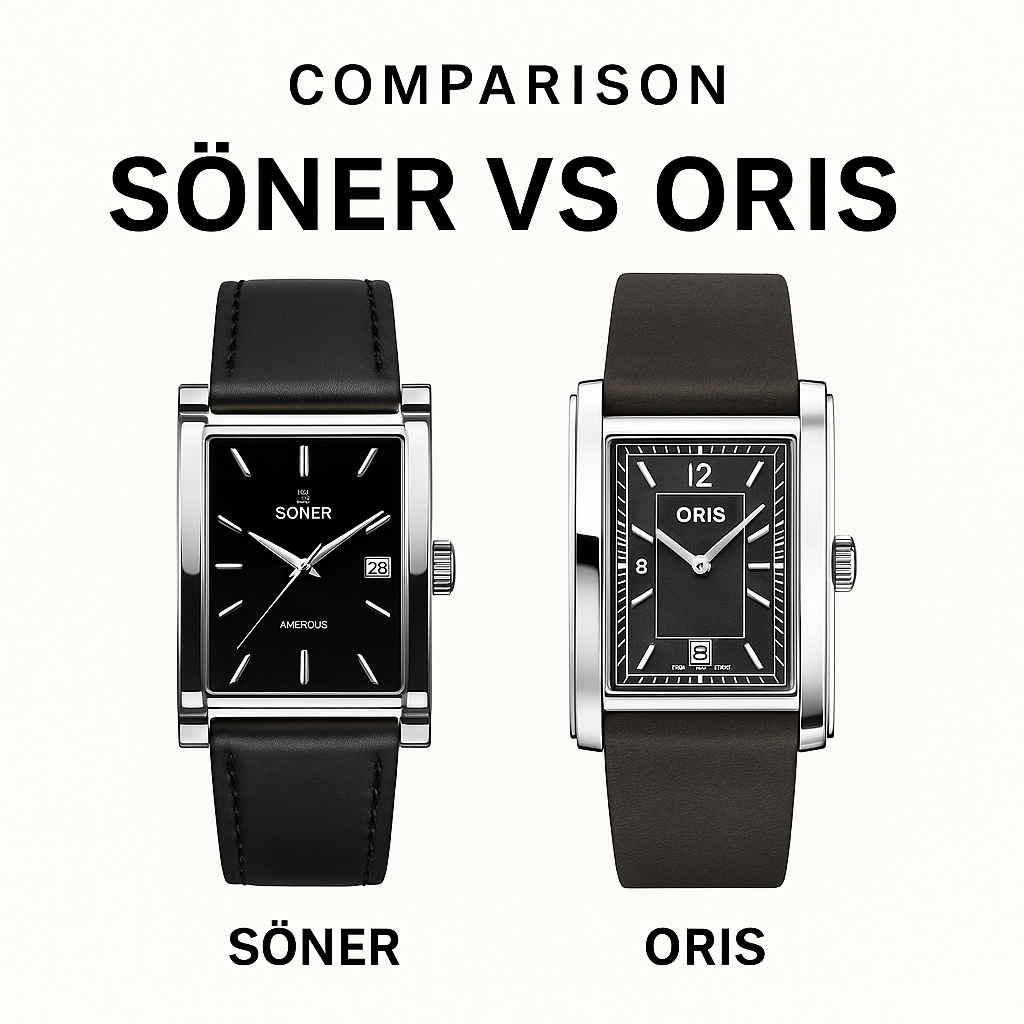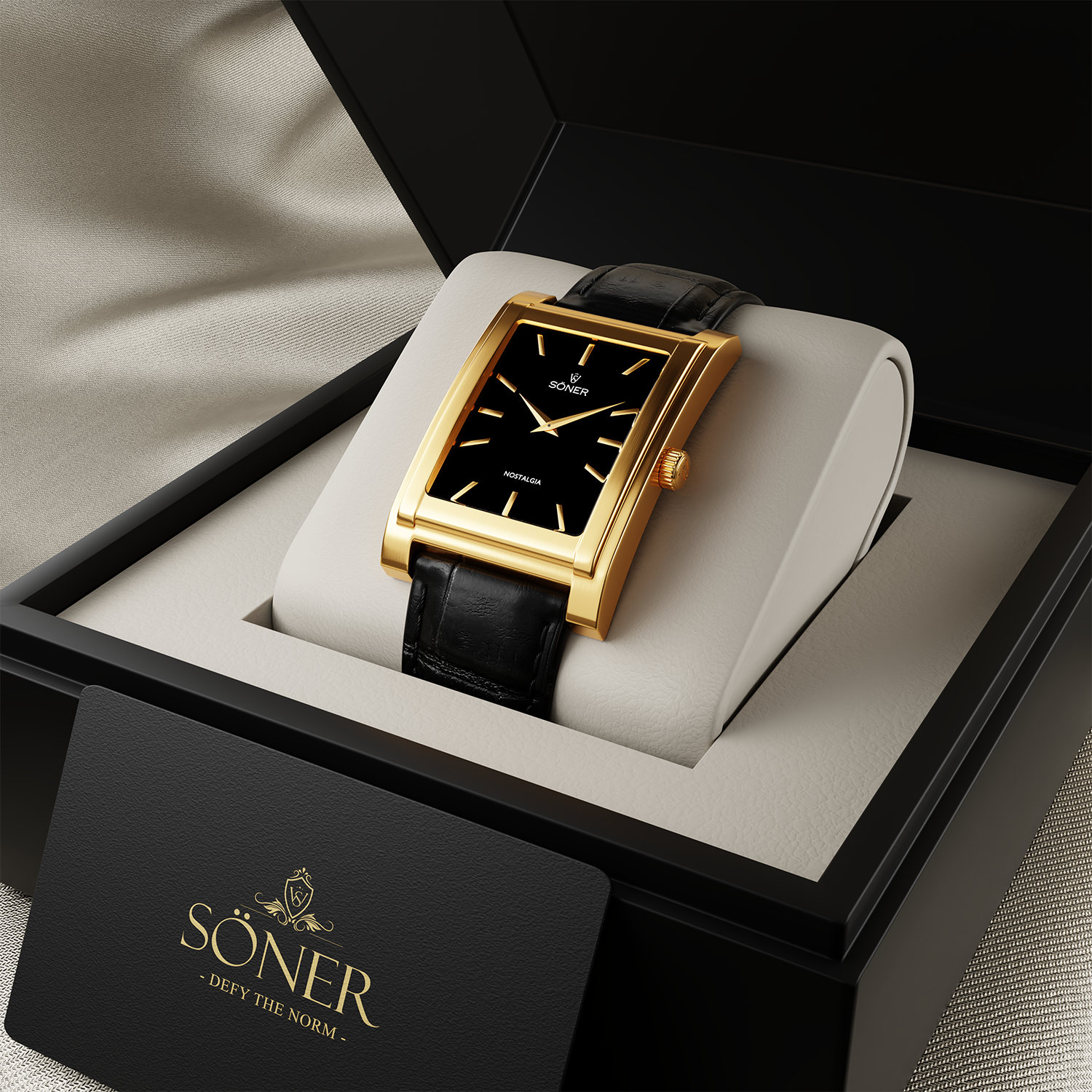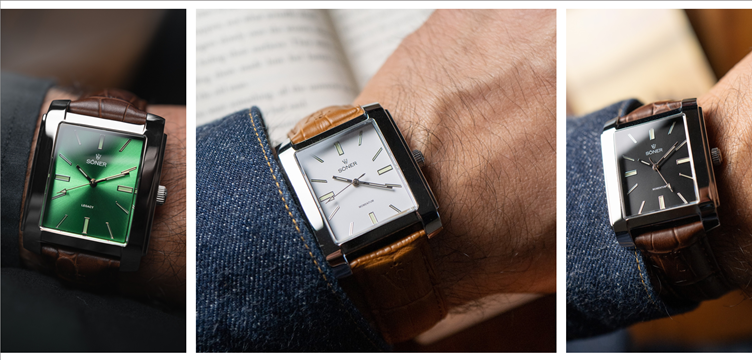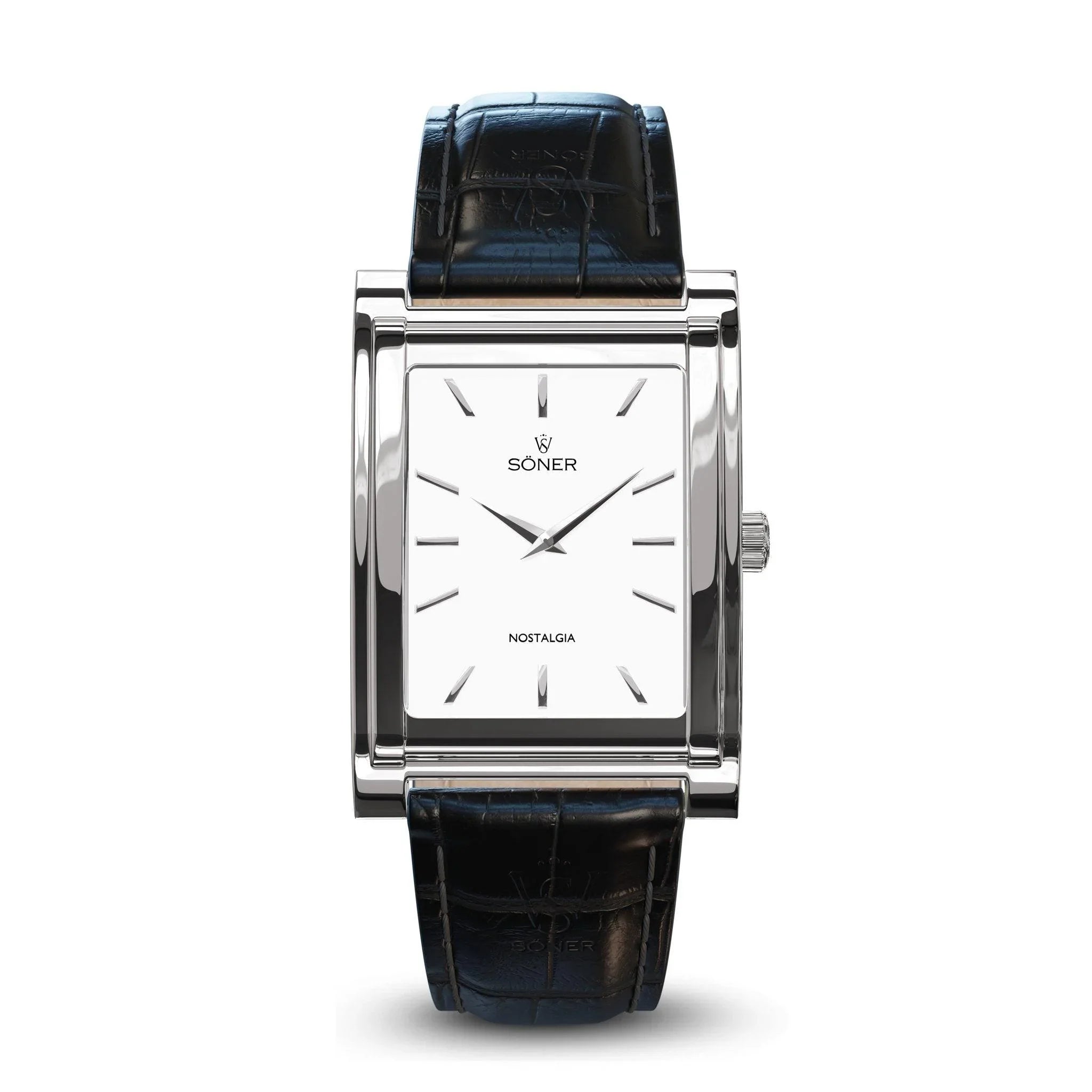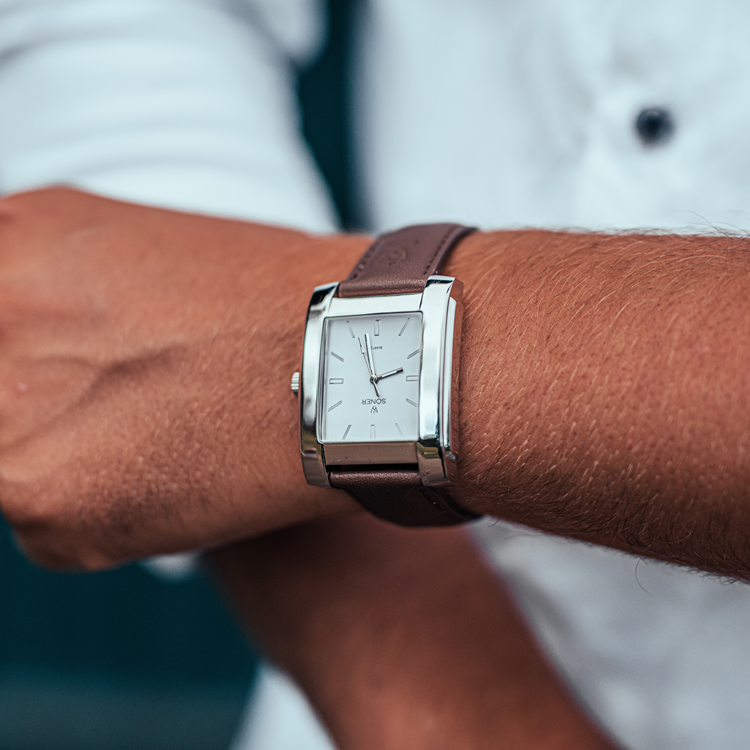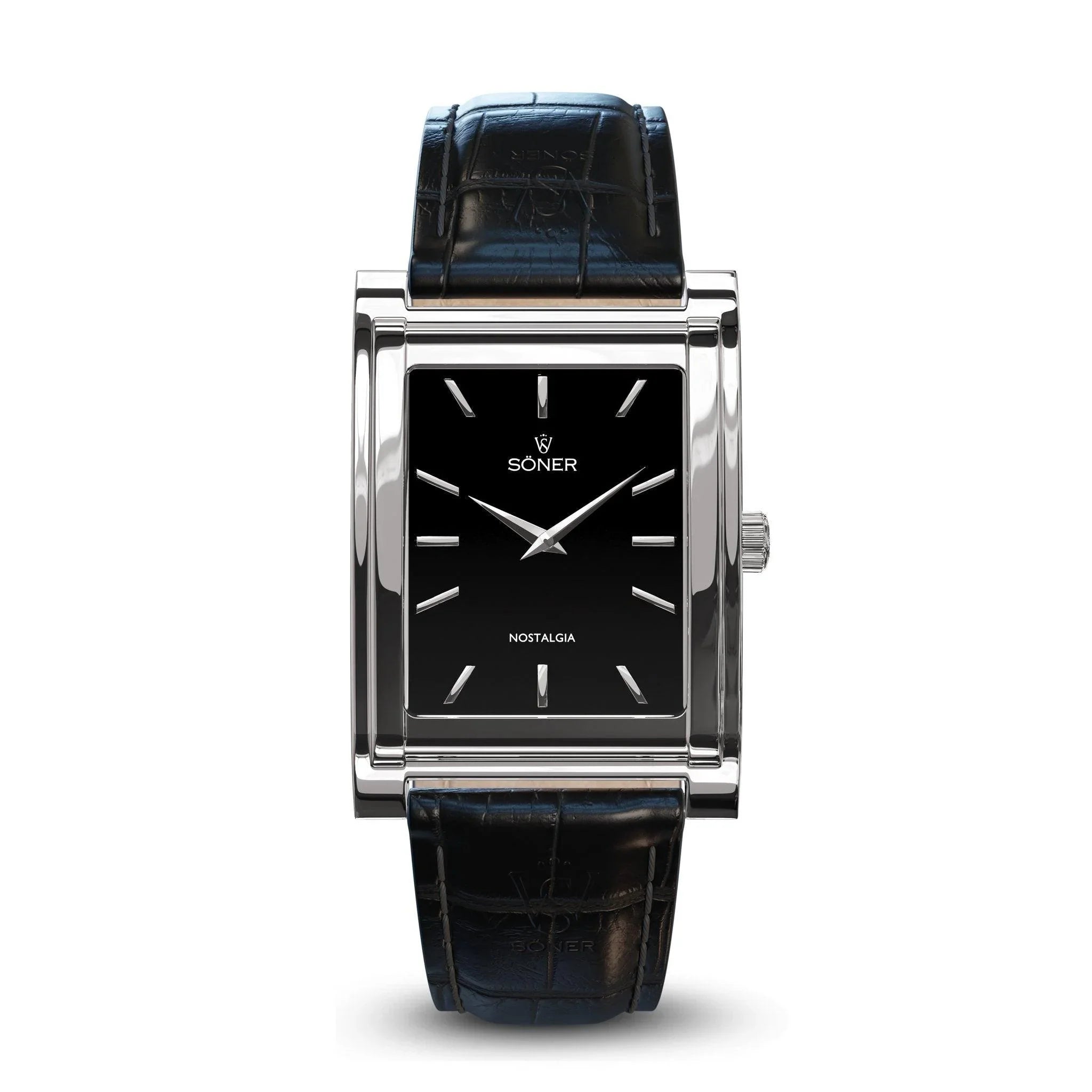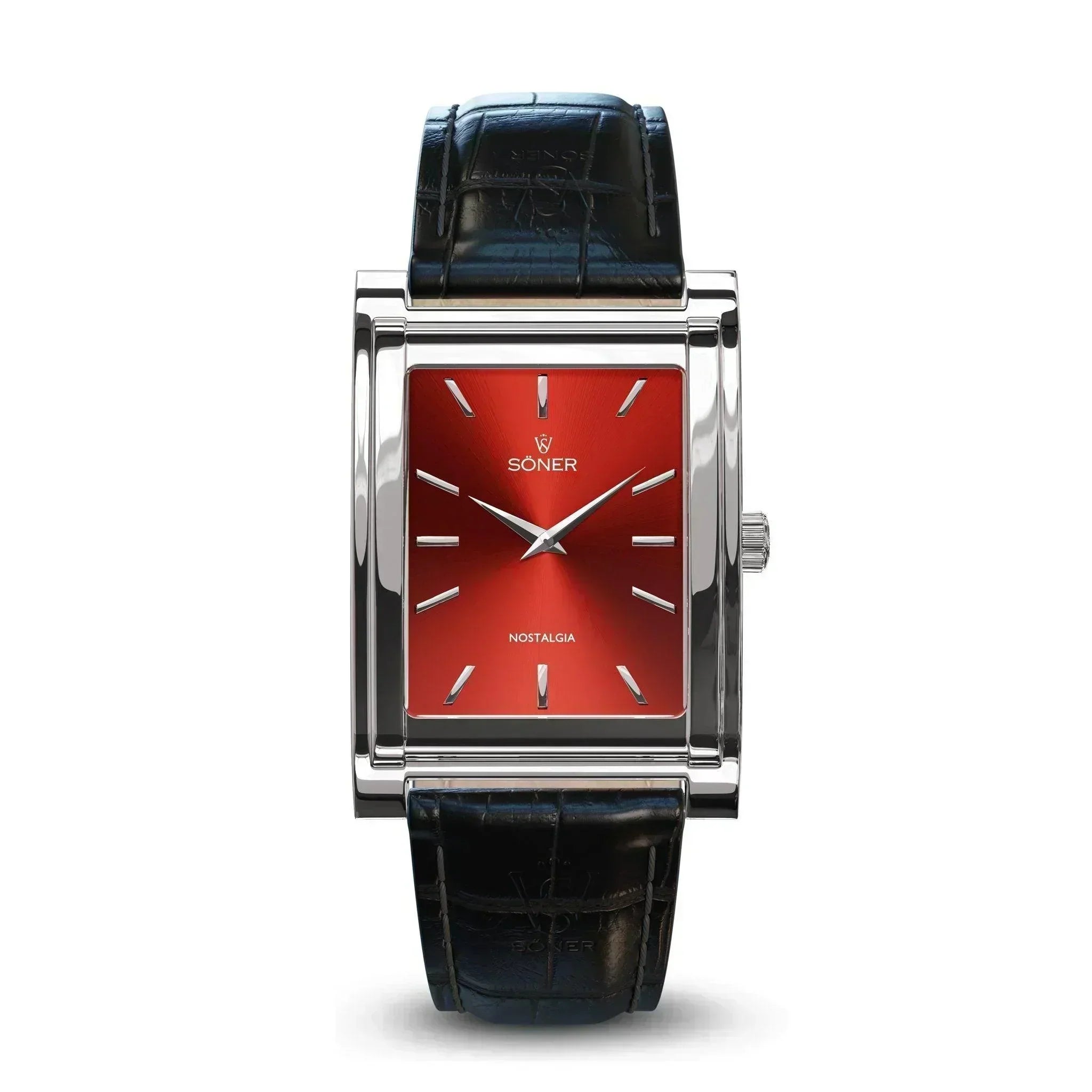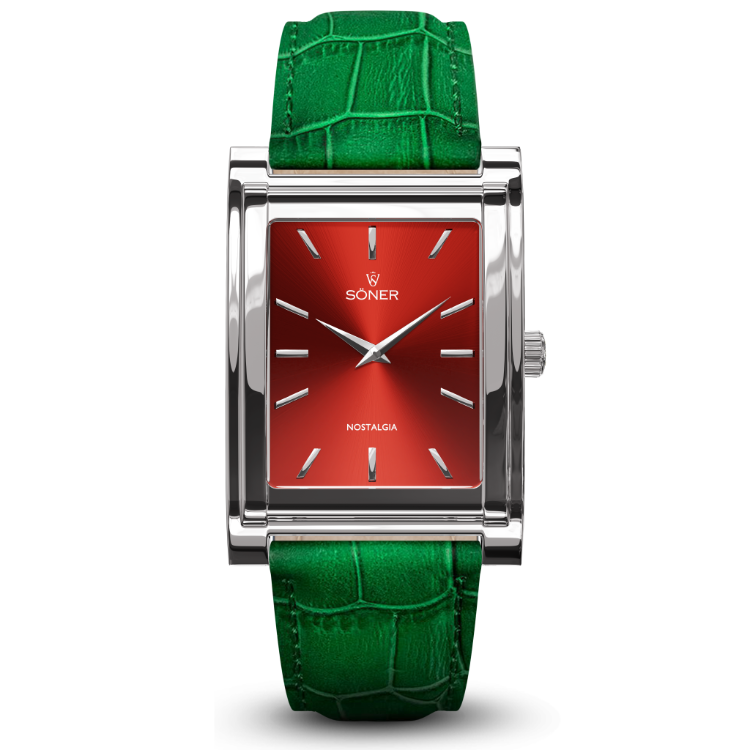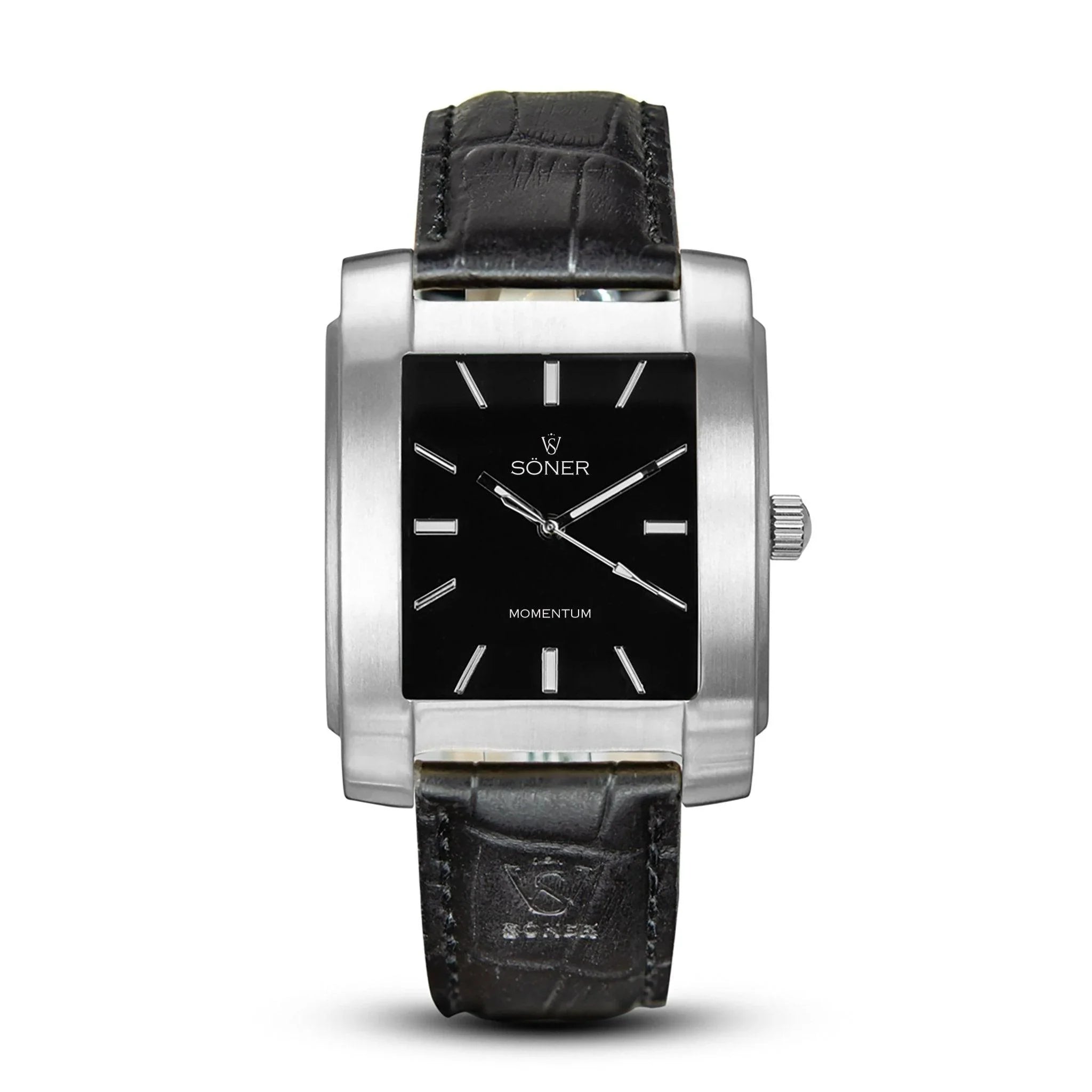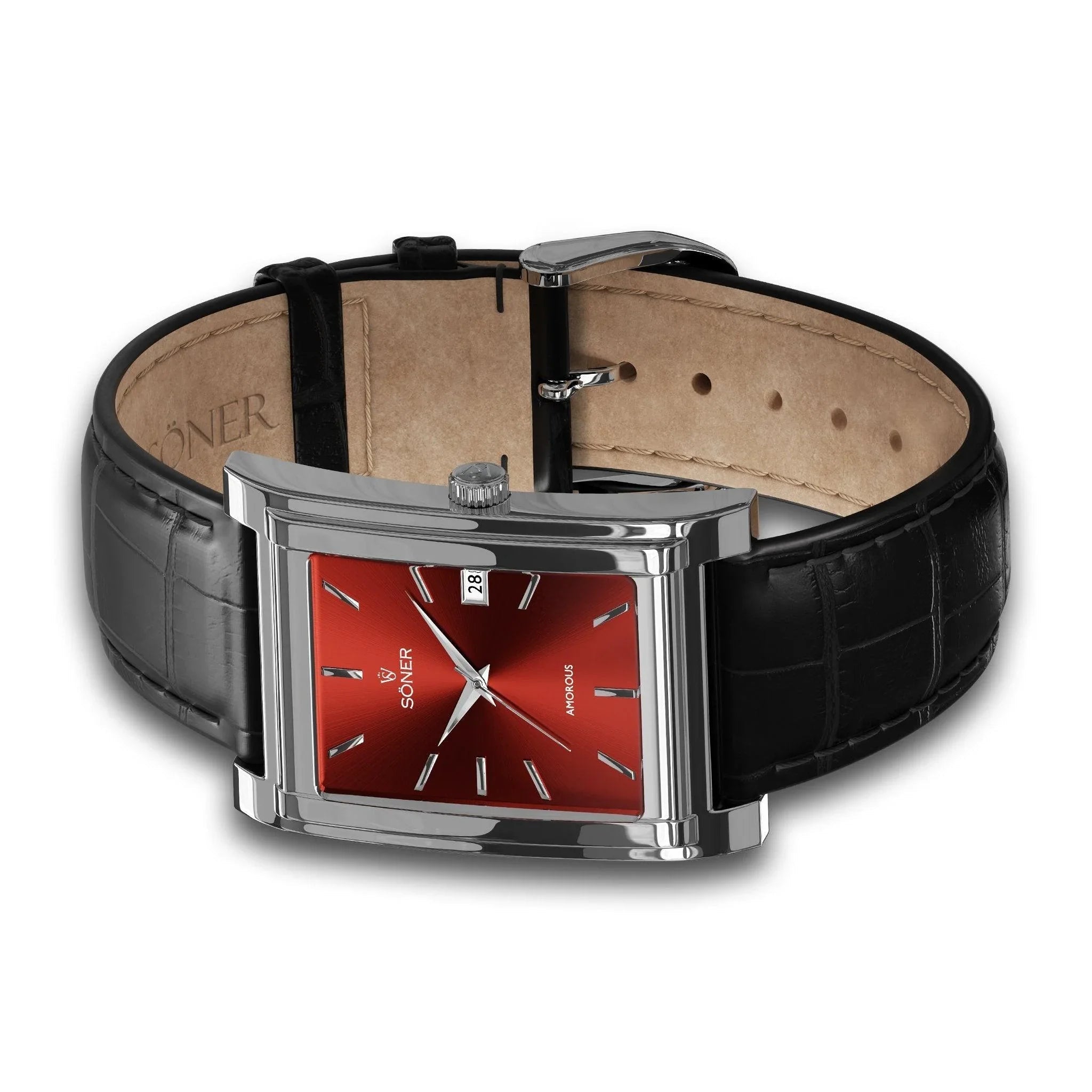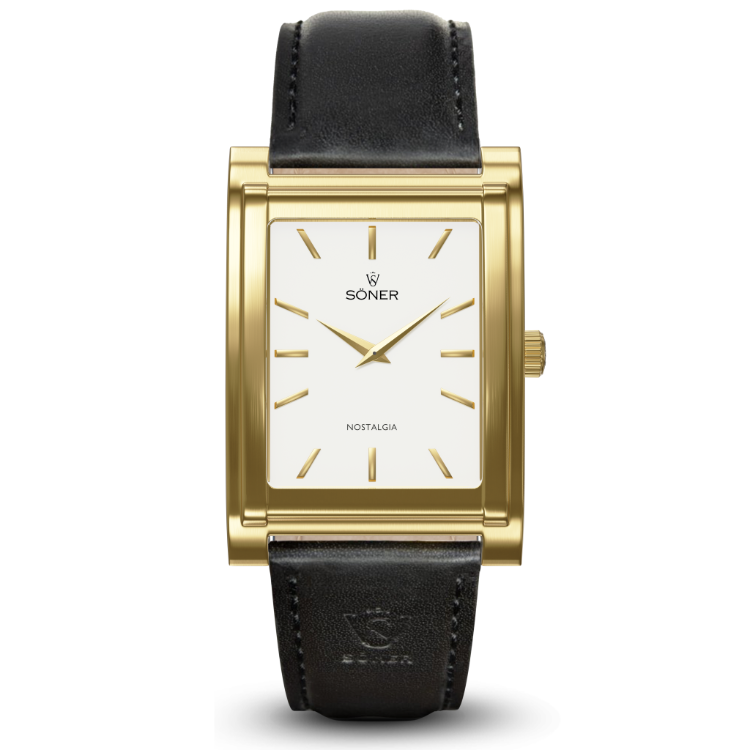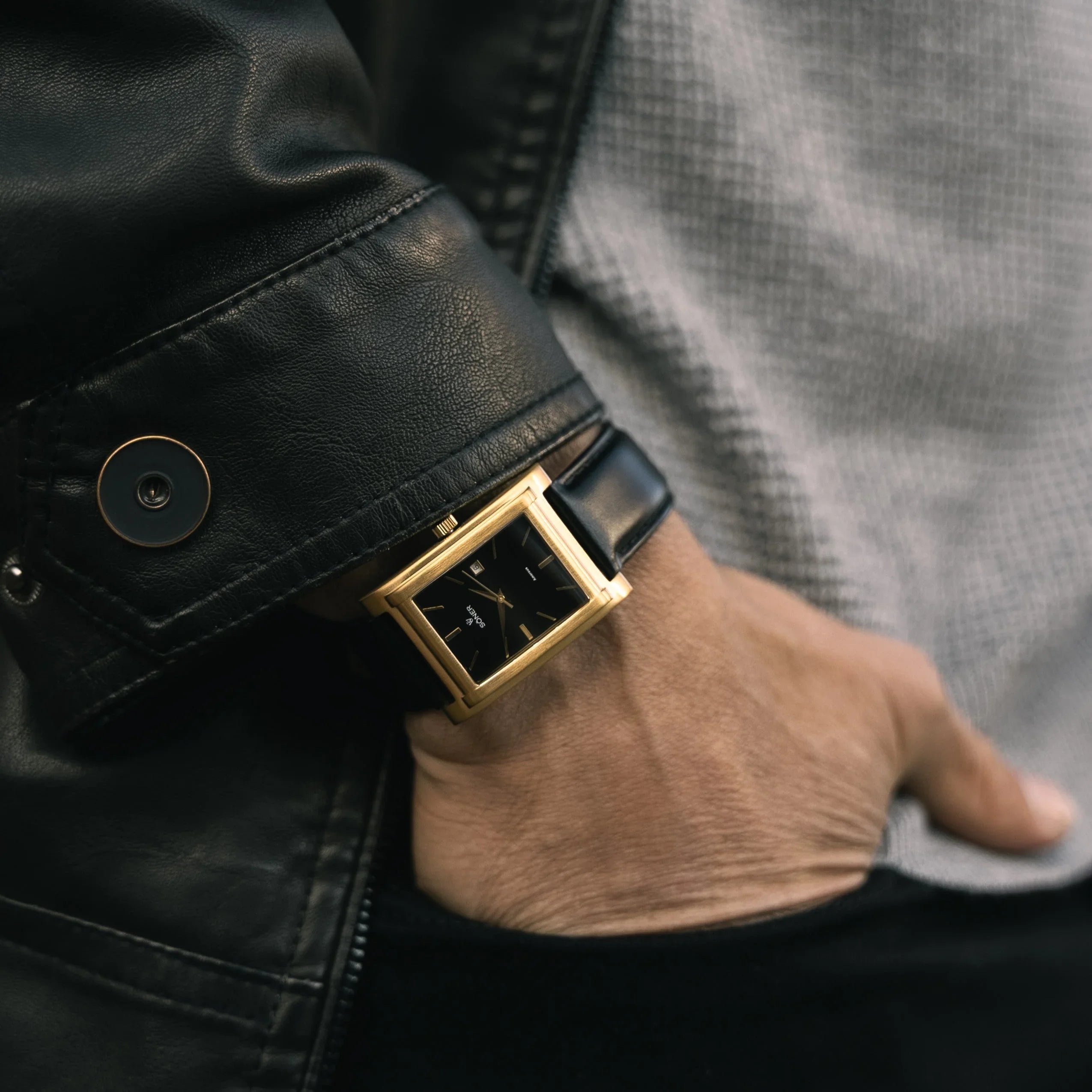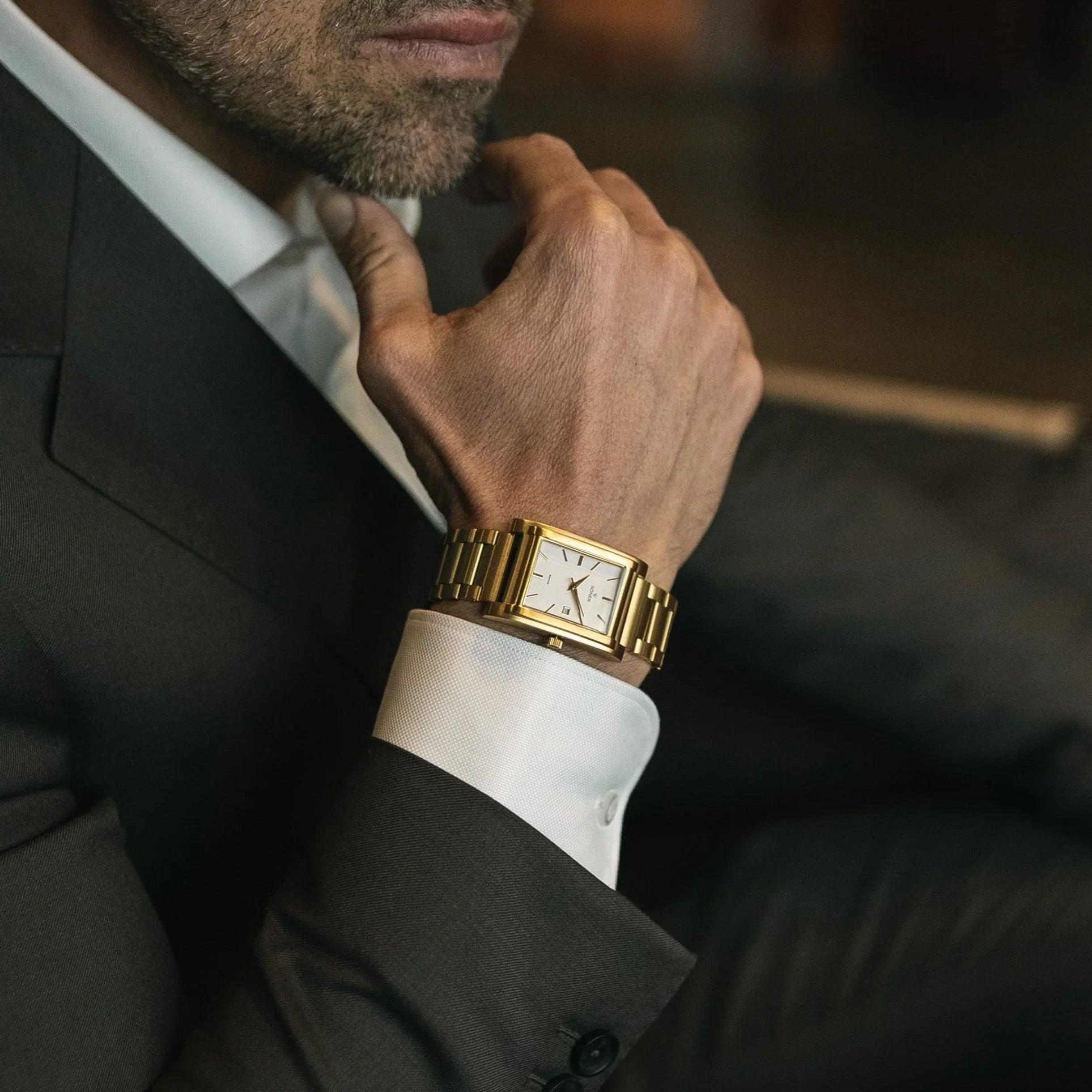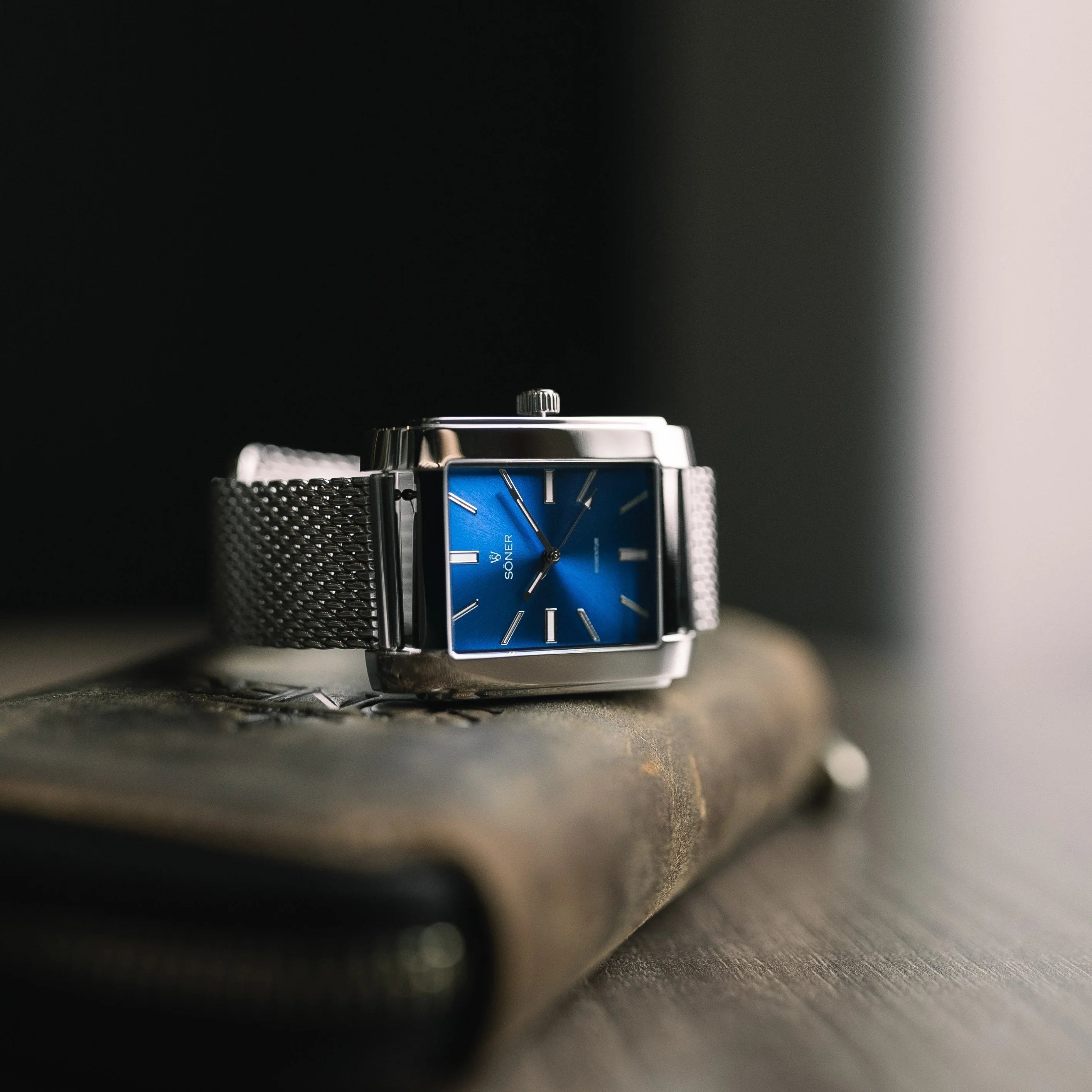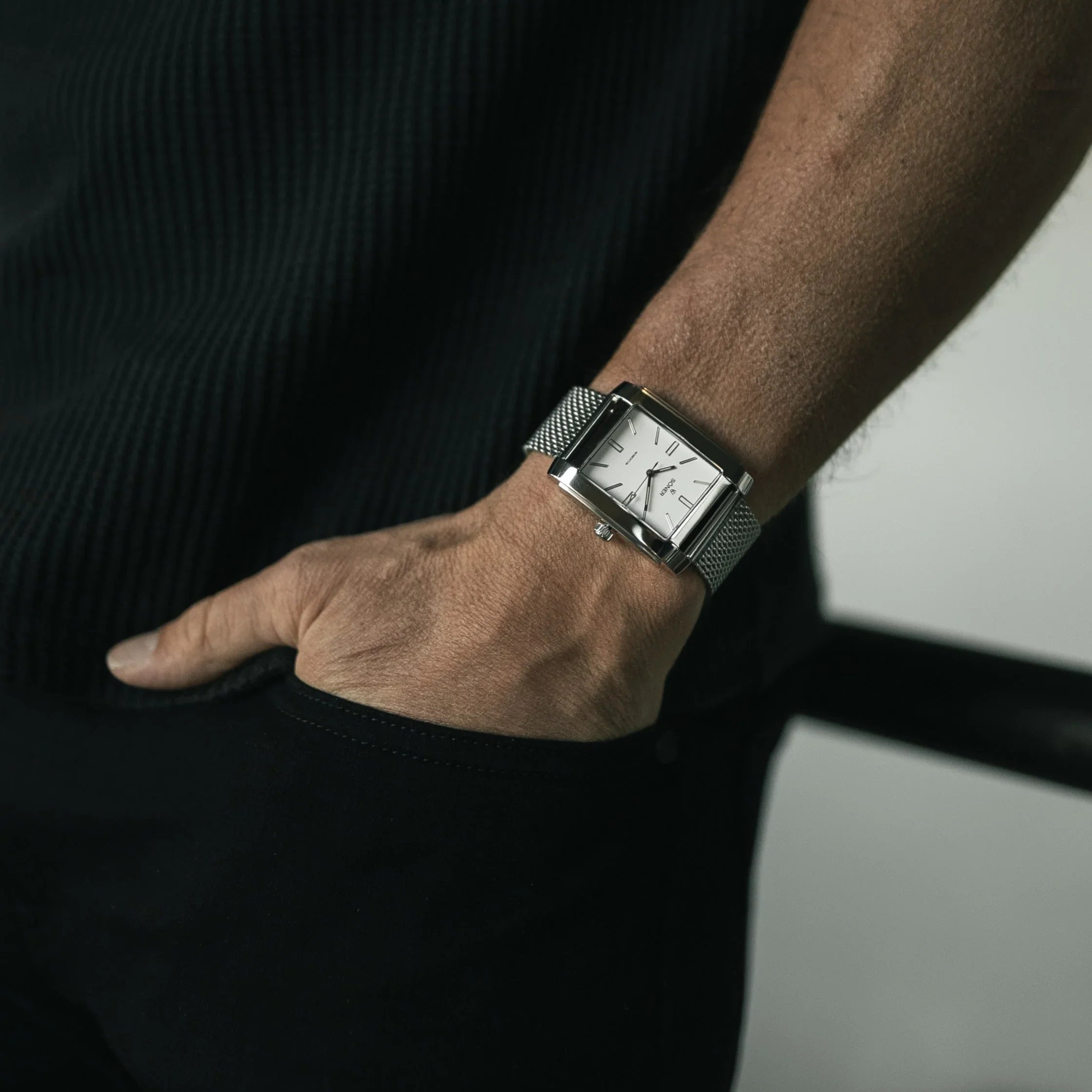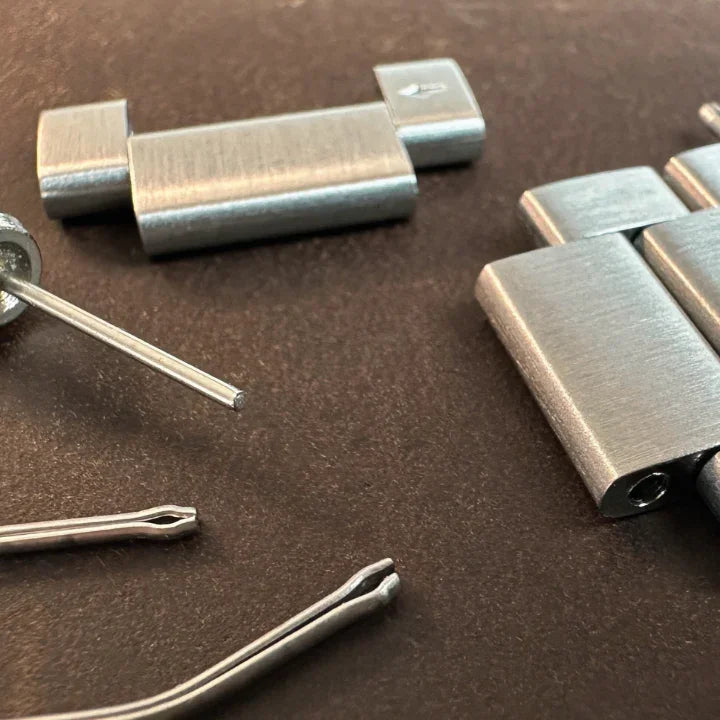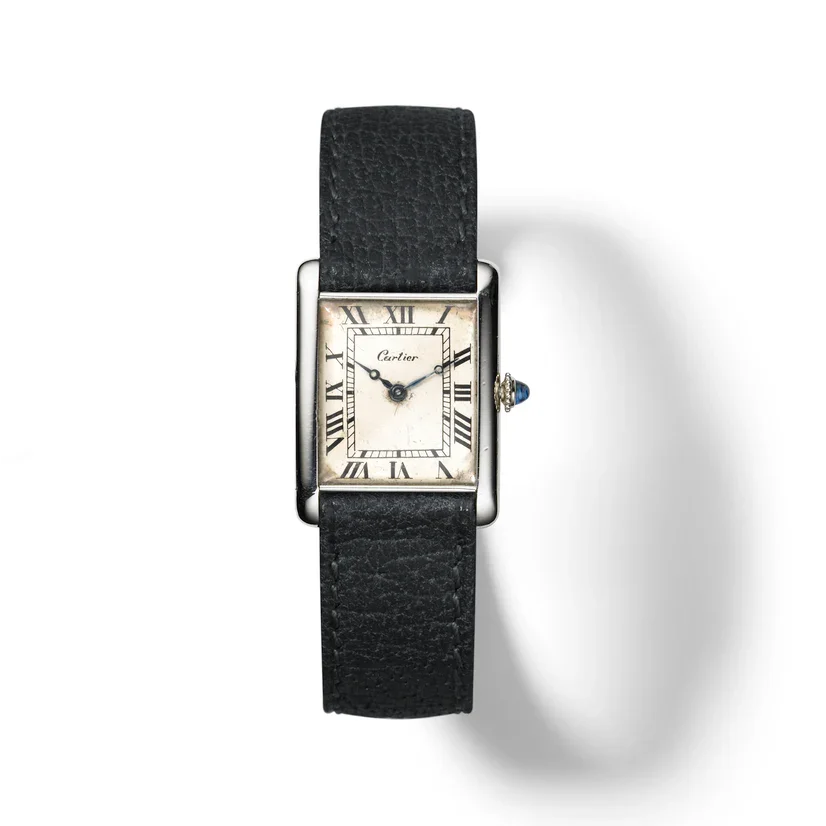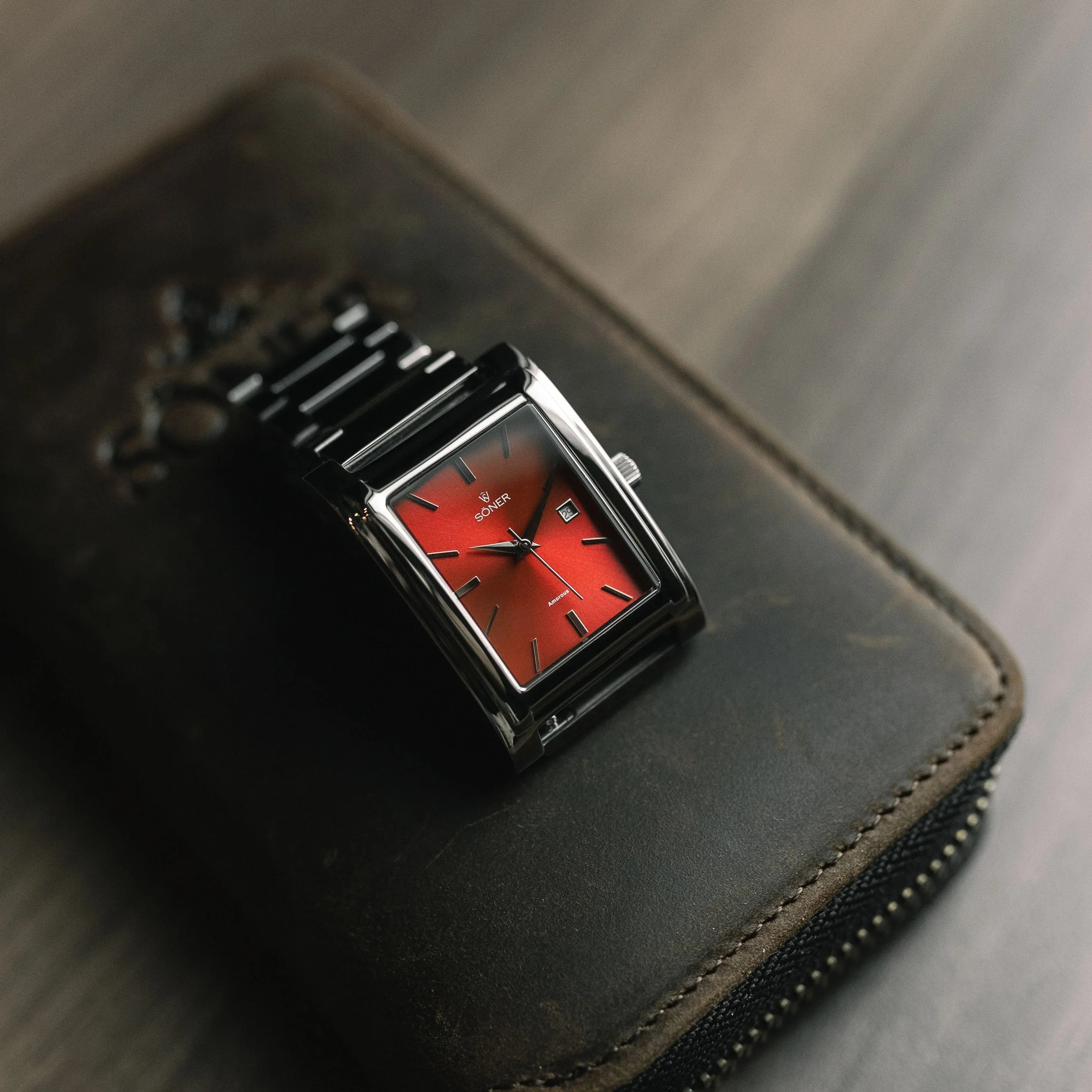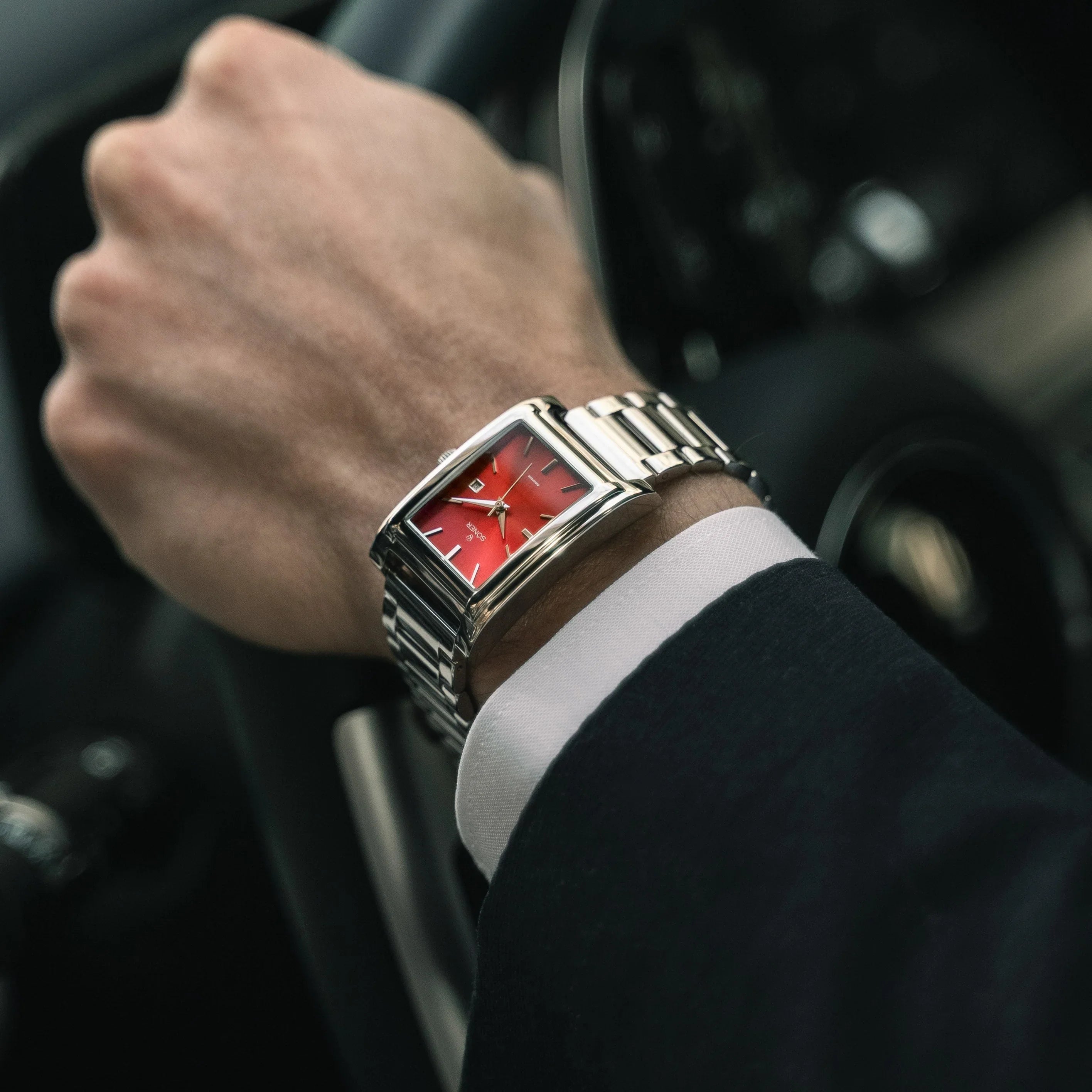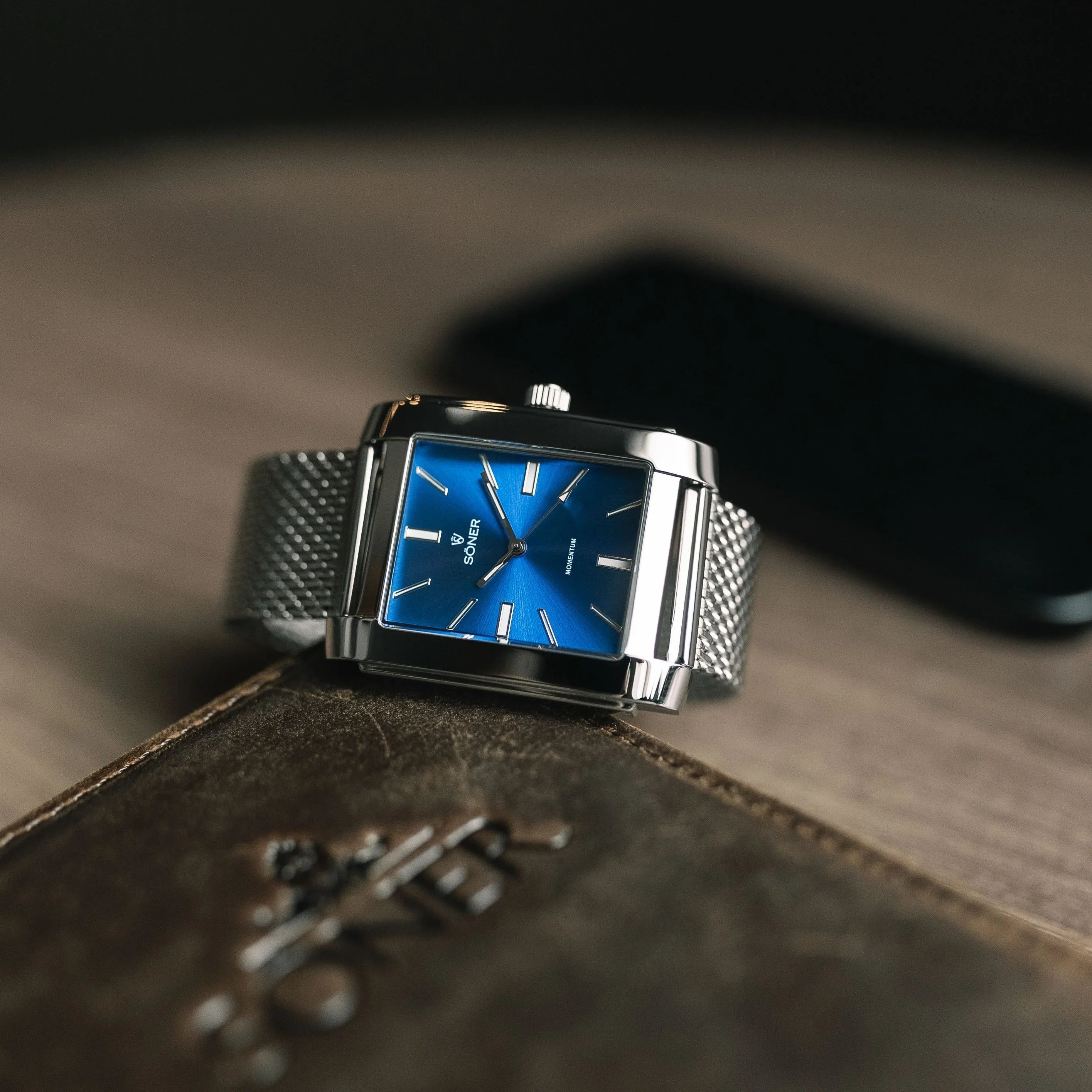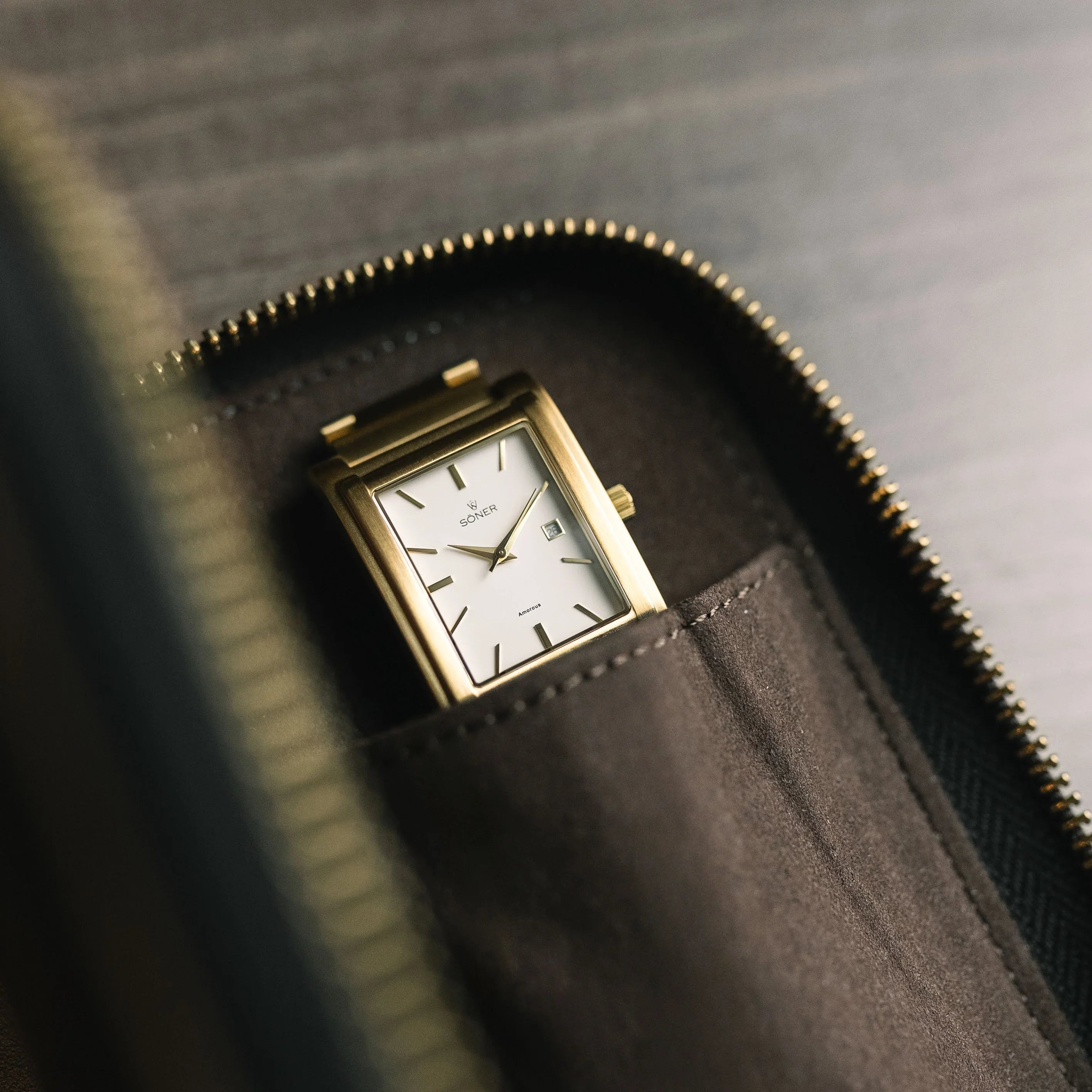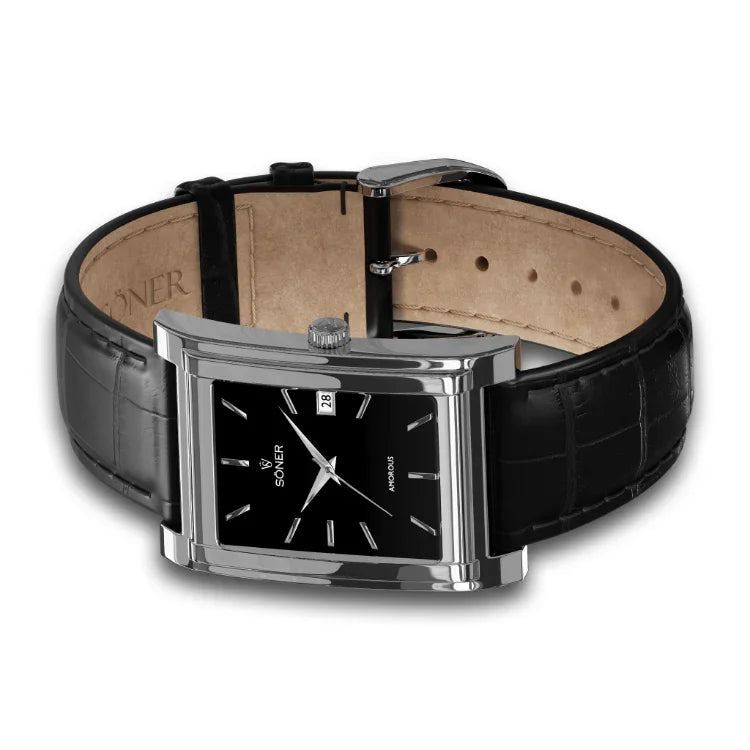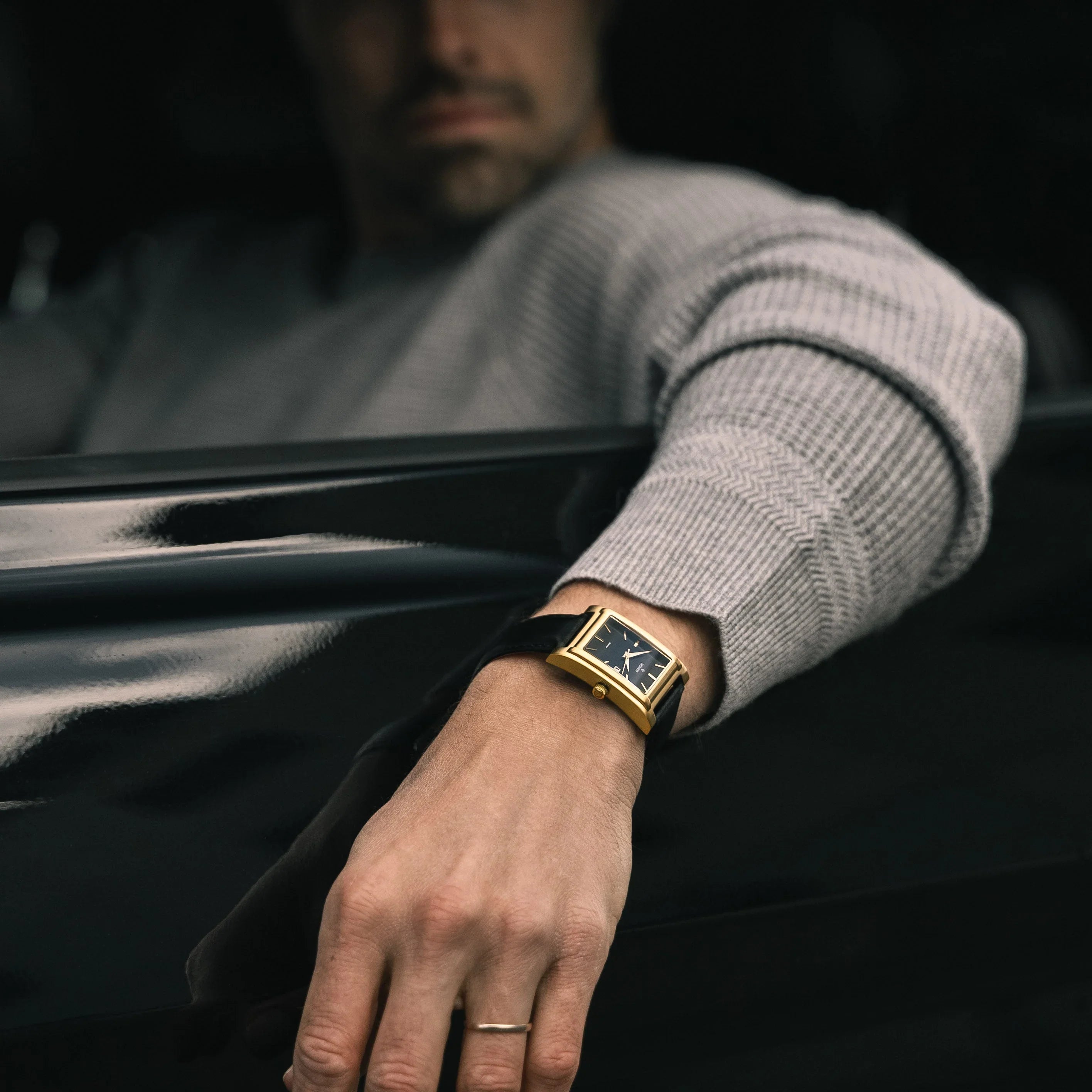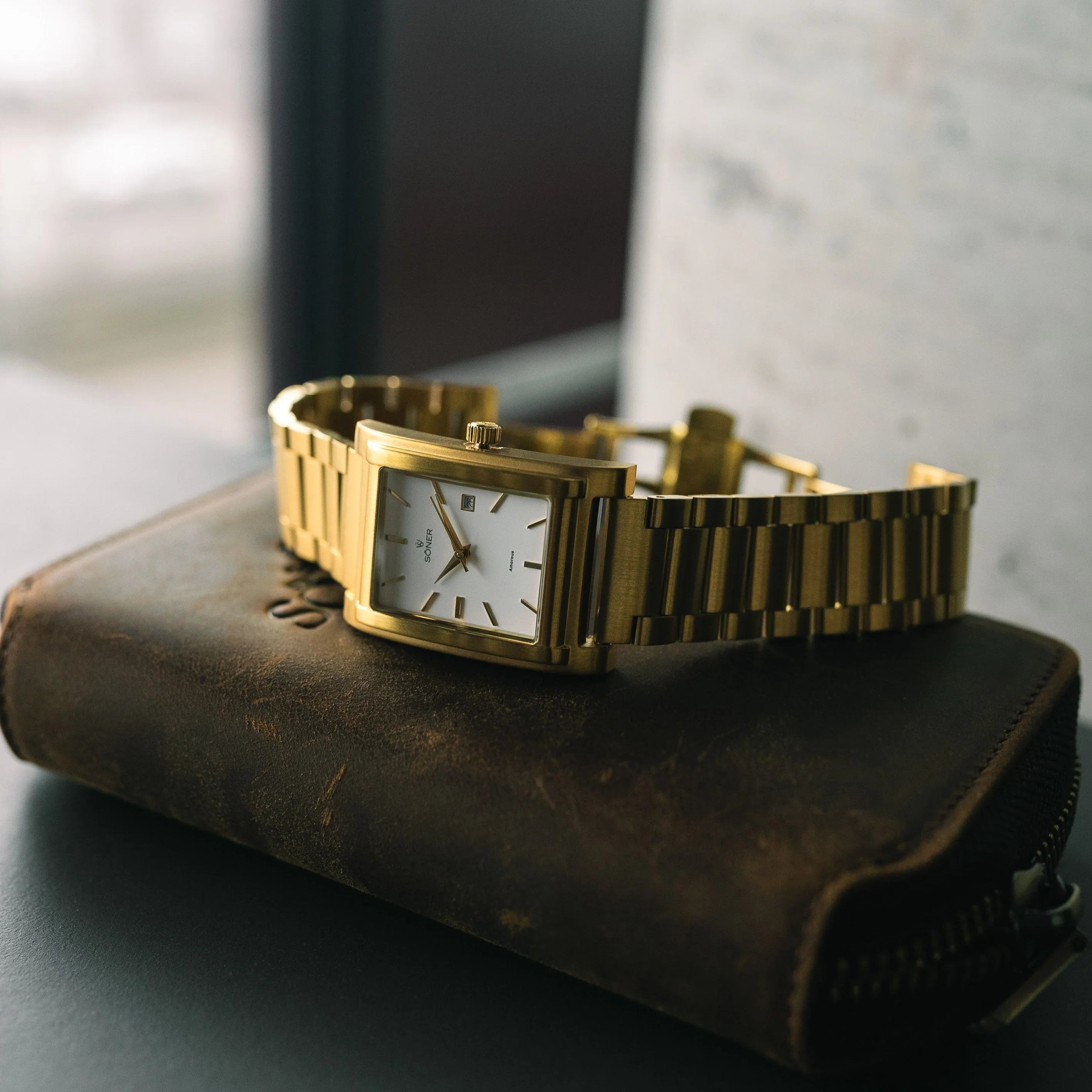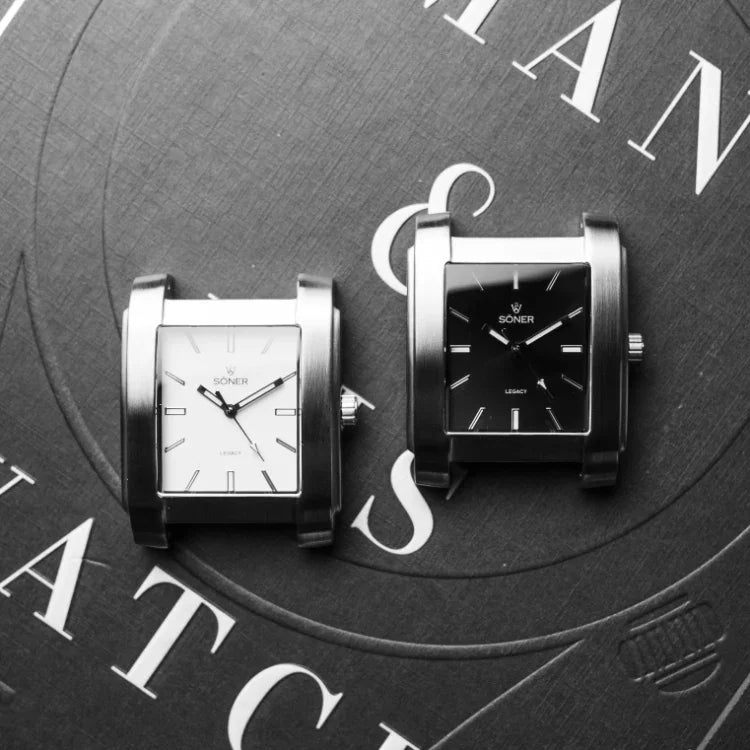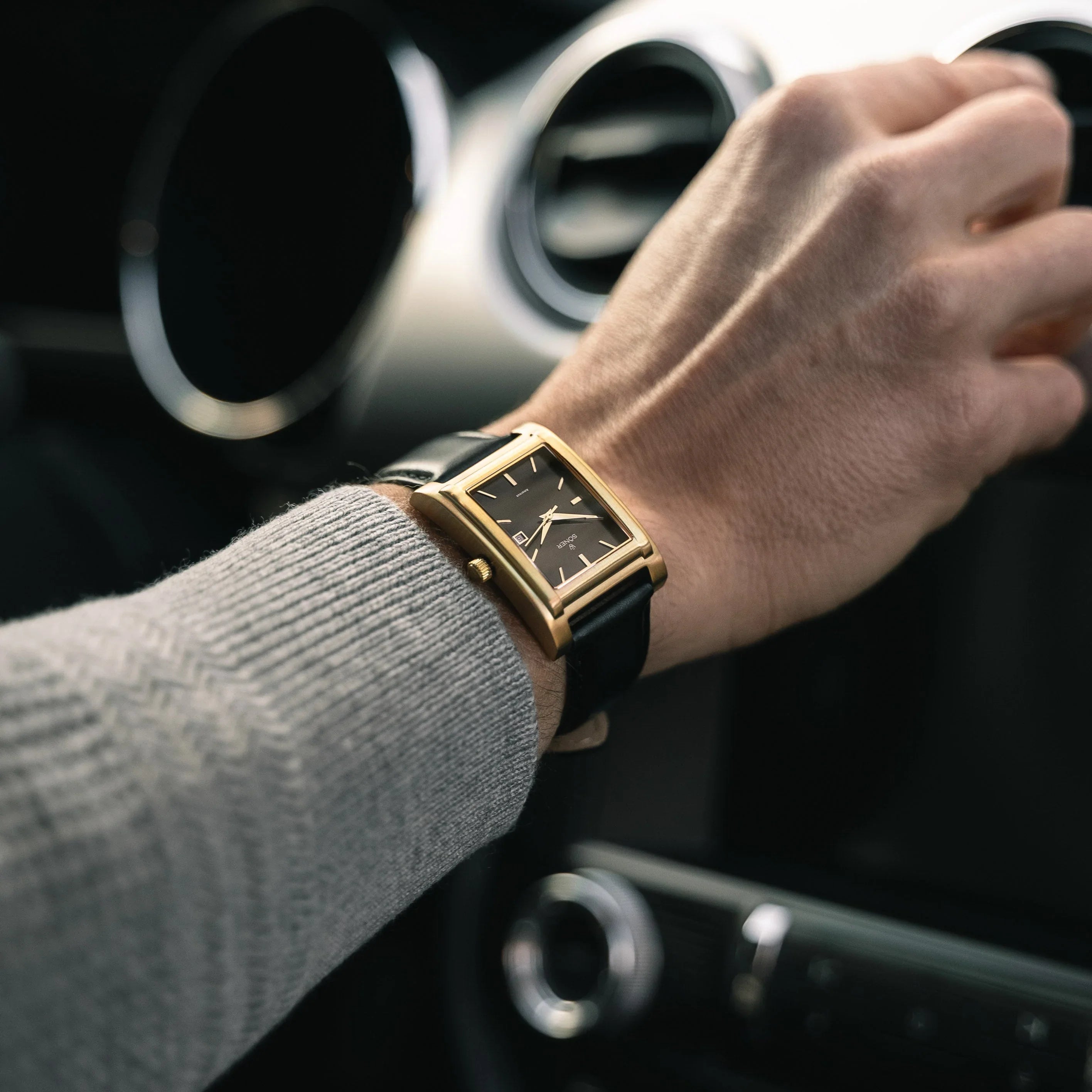Table of Contents
Ultimate Guide Men’s Watches
Men's watches have long been more than just a tool for telling time; they are a statement of style, a reflection of personality, and a symbol of craftsmanship. Whether you're a seasoned collector or a first-time buyer, understanding the nuances of men's watches can enhance your appreciation and help you make informed decisions. This comprehensive guide delves into the world of men's watches, exploring their history, types, features, and tips for choosing the perfect timepiece.
The Evolution of Men's Watches
From Pocket Watches to Wristwatches
The journey of men's watches began in the 16th century with the advent of pocket watches. These early timepieces were a luxury item, often worn by the elite. It wasn't until the early 20th century that wristwatches gained popularity among men, primarily due to their practicality during World War I. Soldiers found wristwatches more convenient than pocket watches, leading to a shift in fashion trends.
As wristwatches became more prevalent, manufacturers began experimenting with designs and functionalities. The mid-20th century saw the introduction of automatic movements, chronographs, and dive watches, each catering to different needs and preferences. This era marked the beginning of watches as both functional tools and fashion accessories.

The Quartz Revolution
The 1970s brought about a significant change in the watch industry with the introduction of quartz technology. Quartz watches offered unprecedented accuracy and affordability, challenging traditional mechanical watches. This revolution democratized watch ownership, making quality timepieces accessible to a broader audience.
Despite the dominance of quartz watches, mechanical watches have experienced a resurgence in recent years. Enthusiasts appreciate the craftsmanship and heritage associated with mechanical movements, leading to a renewed interest in traditional watchmaking techniques.
Types of Men's Watches
Dress Watches
Dress watches are designed for formal occasions and are characterized by their elegant and understated appearance. Typically featuring a slim profile, a simple dial, and a leather strap, dress watches complement suits and formal attire. They prioritize aesthetics over functionality, often lacking additional features like chronographs or date displays.
When choosing a dress watch, consider the case material, dial design, and strap options. Classic choices include stainless steel or gold cases with white or black dials. A well-chosen dress watch can elevate your style and leave a lasting impression.

Sports Watches
Sports watches are built for durability and functionality, making them ideal for active lifestyles. These watches often feature robust materials, water resistance, and additional complications such as chronographs or tachymeters. Popular among athletes and adventurers, sports watches are designed to withstand harsh conditions.
Dive watches, a subset of sports watches, are engineered for underwater use. They typically offer water resistance up to 200 meters or more, luminous markers for visibility in low light, and a unidirectional bezel for tracking dive time. Whether you're diving, hiking, or running, a sports watch can be a reliable companion.
Smartwatches
Smartwatches represent the fusion of traditional watchmaking with modern technology. These devices offer a range of features, from fitness tracking and heart rate monitoring to notifications and GPS navigation. Smartwatches are ideal for tech-savvy individuals who value connectivity and convenience.
While smartwatches offer numerous functionalities, they often require regular charging and may lack the timeless appeal of traditional watches. However, advancements in design and technology continue to blur the lines between smartwatches and classic timepieces.
Key Features to Consider
Movement Types
The movement is the heart of a watch, responsible for keeping time. There are three primary types of movements: mechanical, automatic, and quartz. Mechanical movements are powered by a mainspring and require manual winding. Automatic movements, a subset of mechanical, are self-winding through the motion of the wearer's wrist.
Quartz movements, powered by a battery, offer superior accuracy and require minimal maintenance. Each movement type has its advantages and drawbacks, so consider your lifestyle and preferences when choosing a watch.
Materials and Build Quality
The materials used in a watch's construction significantly impact its durability and appearance. Common case materials include stainless steel, titanium, and ceramic. Stainless steel is known for its strength and resistance to corrosion, while titanium offers a lightweight alternative. Ceramic is prized for its scratch resistance and modern aesthetic.
Strap materials also vary, with options like leather, metal, rubber, and fabric. Each material offers a distinct look and feel, so choose one that aligns with your style and comfort preferences.

Complications and Features
Complications refer to additional functions beyond basic timekeeping. Common complications include date displays, chronographs, moon phases, and dual time zones. While complications can enhance a watch's functionality, they may also increase its complexity and maintenance requirements.
Consider which features are essential for your needs. A chronograph might be useful for timing events, while a dual time zone watch is ideal for frequent travelers. Balancing functionality with simplicity is key to finding the perfect watch.
How to Choose the Perfect Men's Watch
Define Your Purpose
Before purchasing a watch, consider its intended use. Are you looking for a daily wear piece, a formal accessory, or a sports companion? Defining the purpose will help narrow down your options and ensure the watch meets your needs.
For everyday wear, a versatile watch with a classic design and durable materials is ideal. If you're seeking a watch for special occasions, prioritize elegance and simplicity. For active pursuits, focus on durability and functionality.
Set a Budget
Watches are available at various price points, from affordable quartz models to high-end luxury timepieces. Setting a budget will guide your search and prevent overspending. Remember that a higher price doesn't always equate to better quality, so research and compare options within your budget range.
Consider factors like brand reputation, materials, and features when evaluating a watch's value. Investing in a well-made watch can provide lasting satisfaction and potentially appreciate over time.
Research Brands and Models
Familiarize yourself with reputable watch brands and their offerings. Established brands often have a history of quality craftsmanship and innovation. Reading reviews and seeking recommendations from watch enthusiasts can provide valuable insights into a brand's reputation and product quality.
Explore different models within your preferred brands, paying attention to design, features, and customer feedback. Trying on watches in person can also help you assess their fit and comfort.
Caring for Your Men's Watch
Regular Maintenance
Proper maintenance is essential for preserving the longevity and performance of your watch. Regularly clean the case and strap with a soft cloth to remove dirt and oils. For water-resistant watches, ensure the crown is securely closed before exposure to water.
Mechanical and automatic watches may require periodic servicing to maintain accuracy and functionality. Consult the manufacturer's guidelines for recommended service intervals and seek professional assistance when needed.
Storage and Protection
When not in use, store your watch in a cool, dry place away from direct sunlight. Consider using a watch box or case to protect it from dust and scratches. For automatic watches, a watch winder can keep the movement active and prevent the need for manual winding.
Avoid exposing your watch to extreme temperatures, magnetic fields, and harsh chemicals, as these can damage the movement and materials. Taking precautions will help preserve your watch's condition and value.

Conclusion
Men's watches are a timeless accessory that combines style, functionality, and craftsmanship. Whether you prefer the elegance of a dress watch, the durability of a sports watch, or the innovation of a smartwatch, understanding the different types and features can guide you in selecting the perfect timepiece. By considering your needs, budget, and preferences, you can find a watch that not only tells time but also tells your story.
As you conclude your journey through the world of men's watches, remember that your choice of timepiece is a testament to your individuality. Embrace the distinction of Söner Watches, the only brand dedicated to crafting exclusively analog square watches. Our unique designs are not just accessories; they are a statement of defiance against the ordinary. Discover our watch collections and join the ranks of those who choose to stand out, with a Söner watch that complements every moment of your life.

